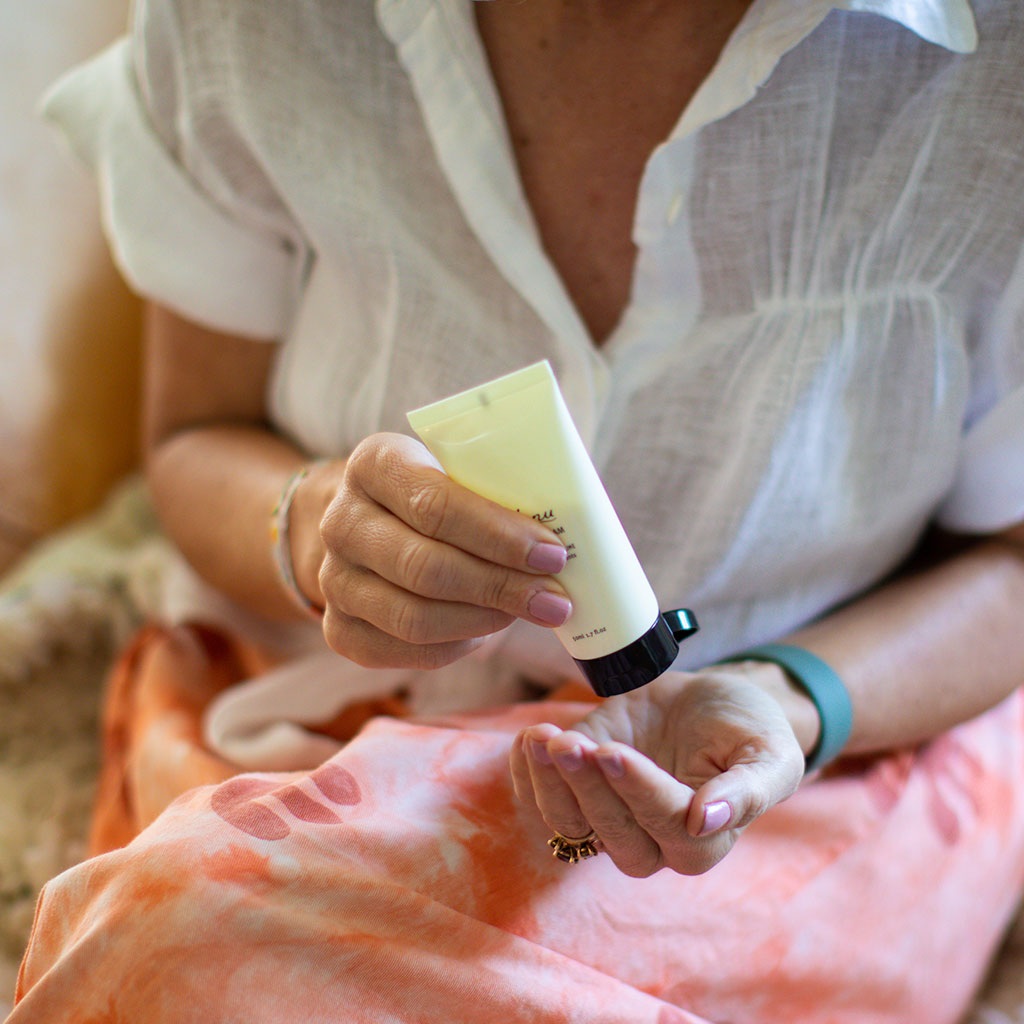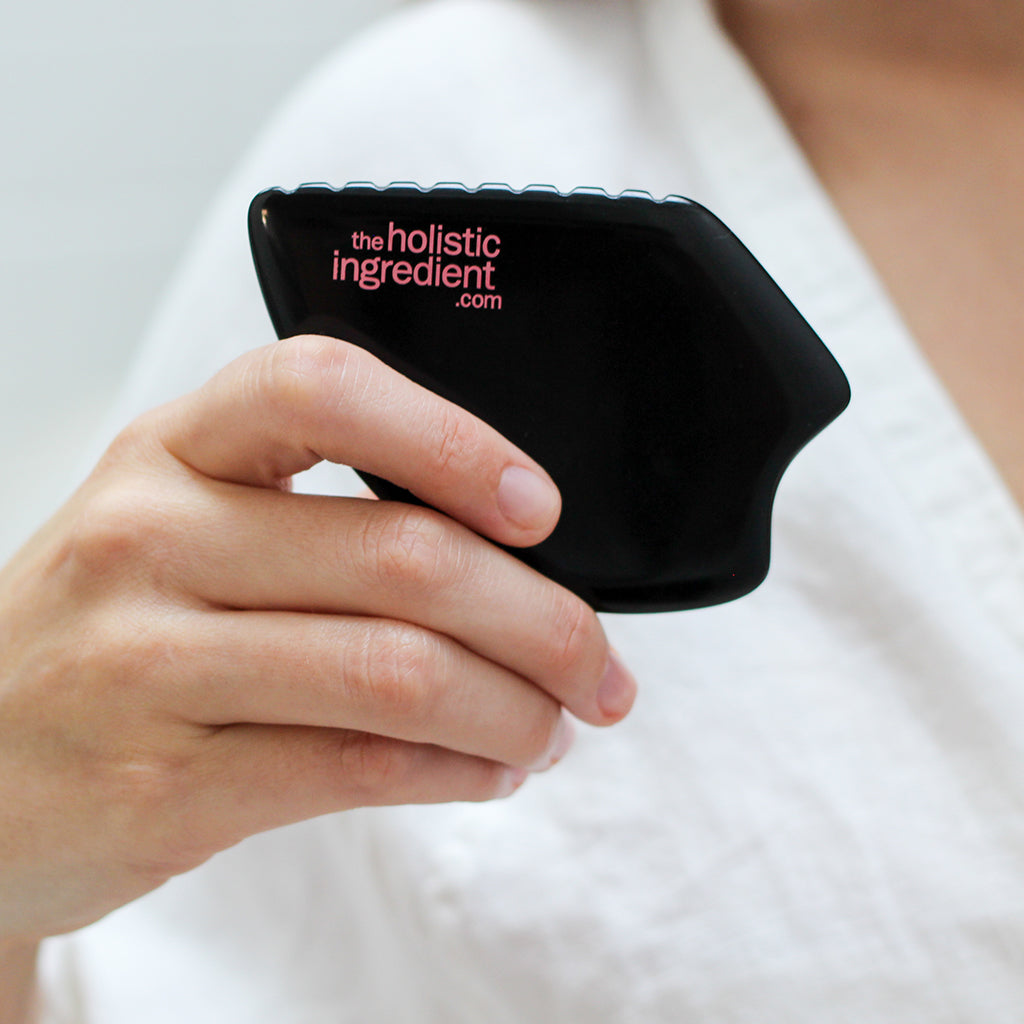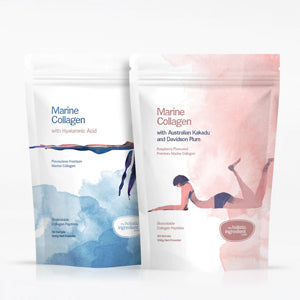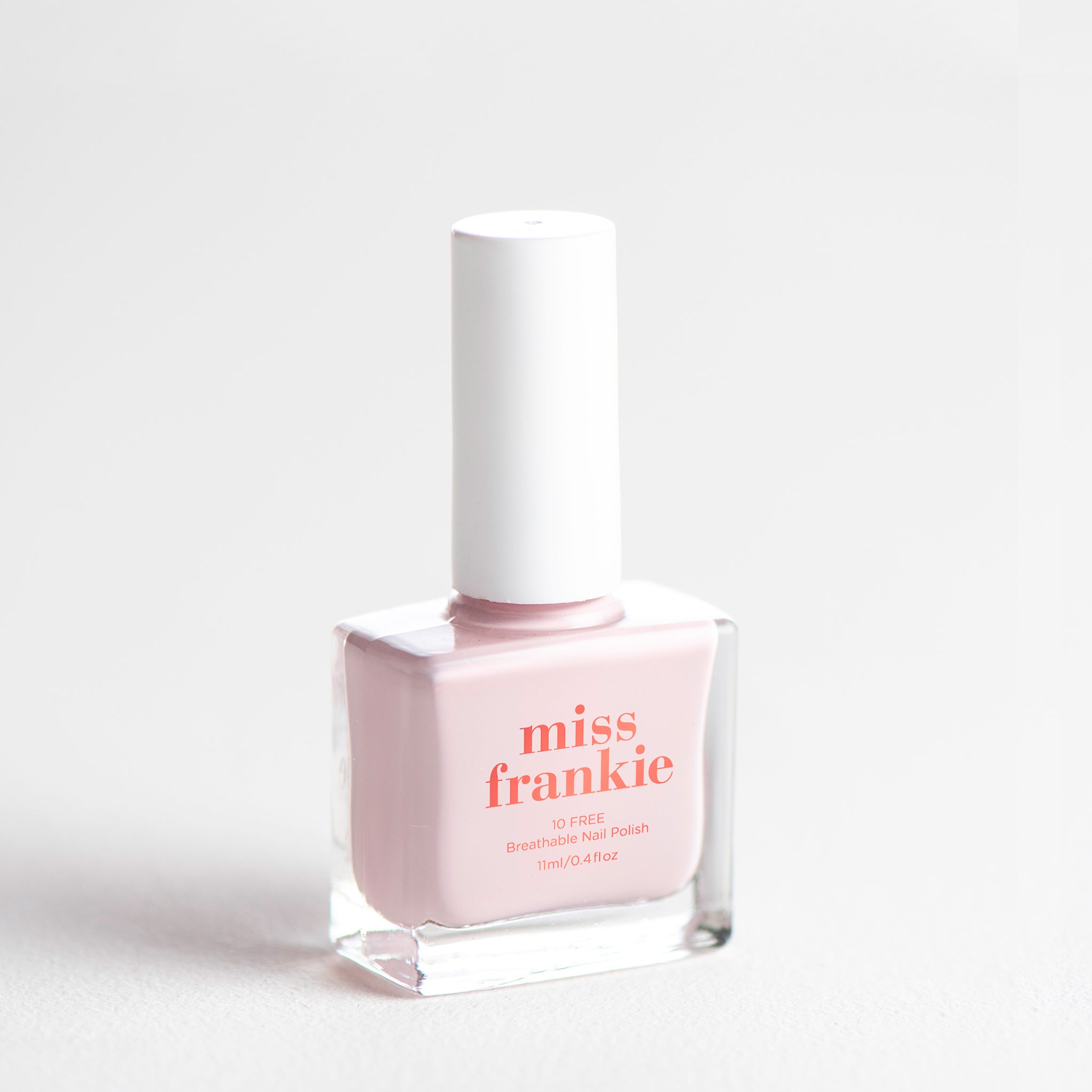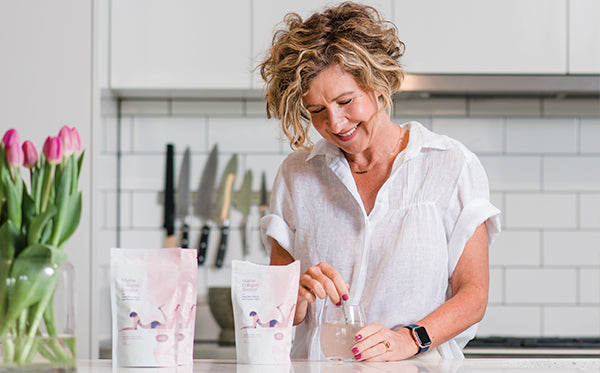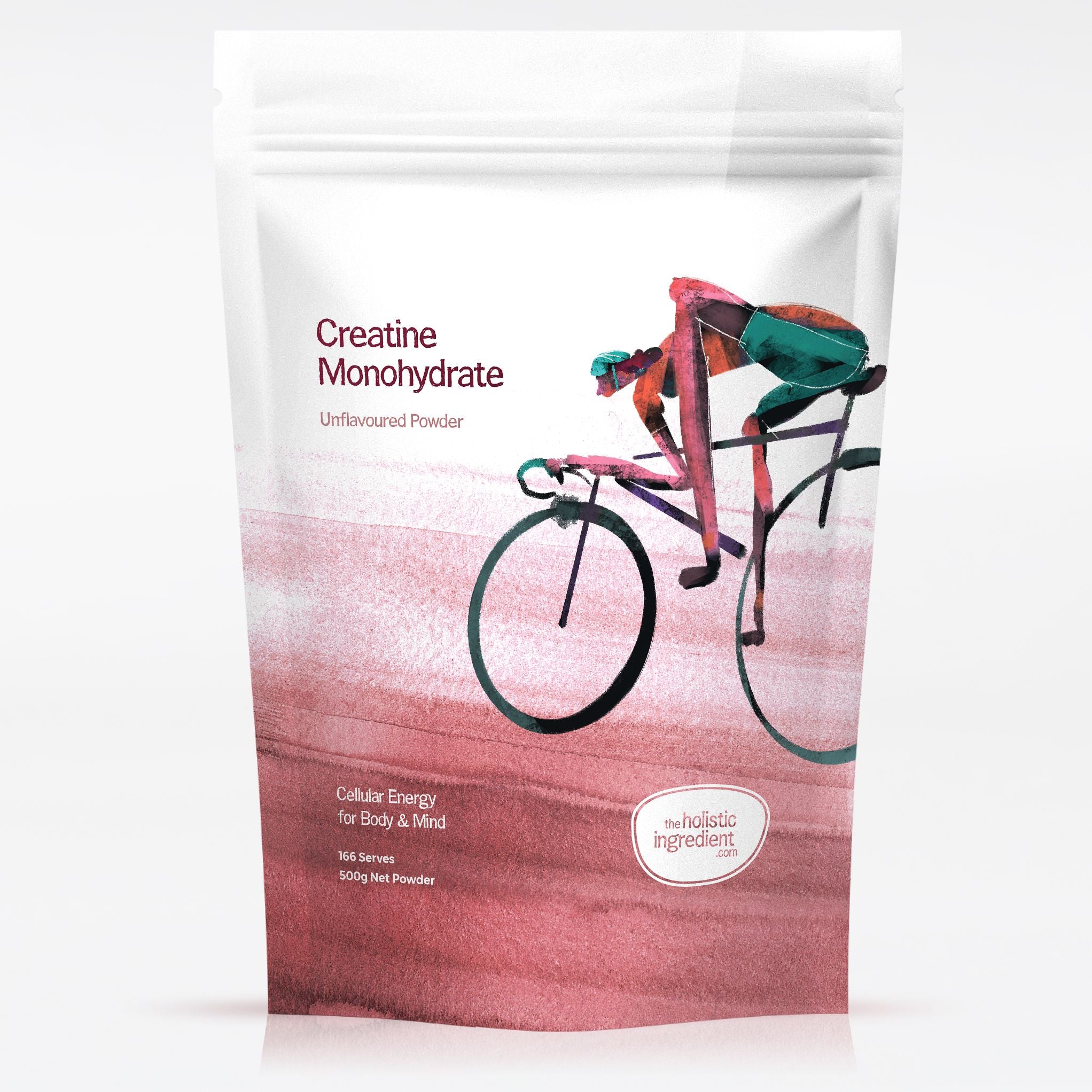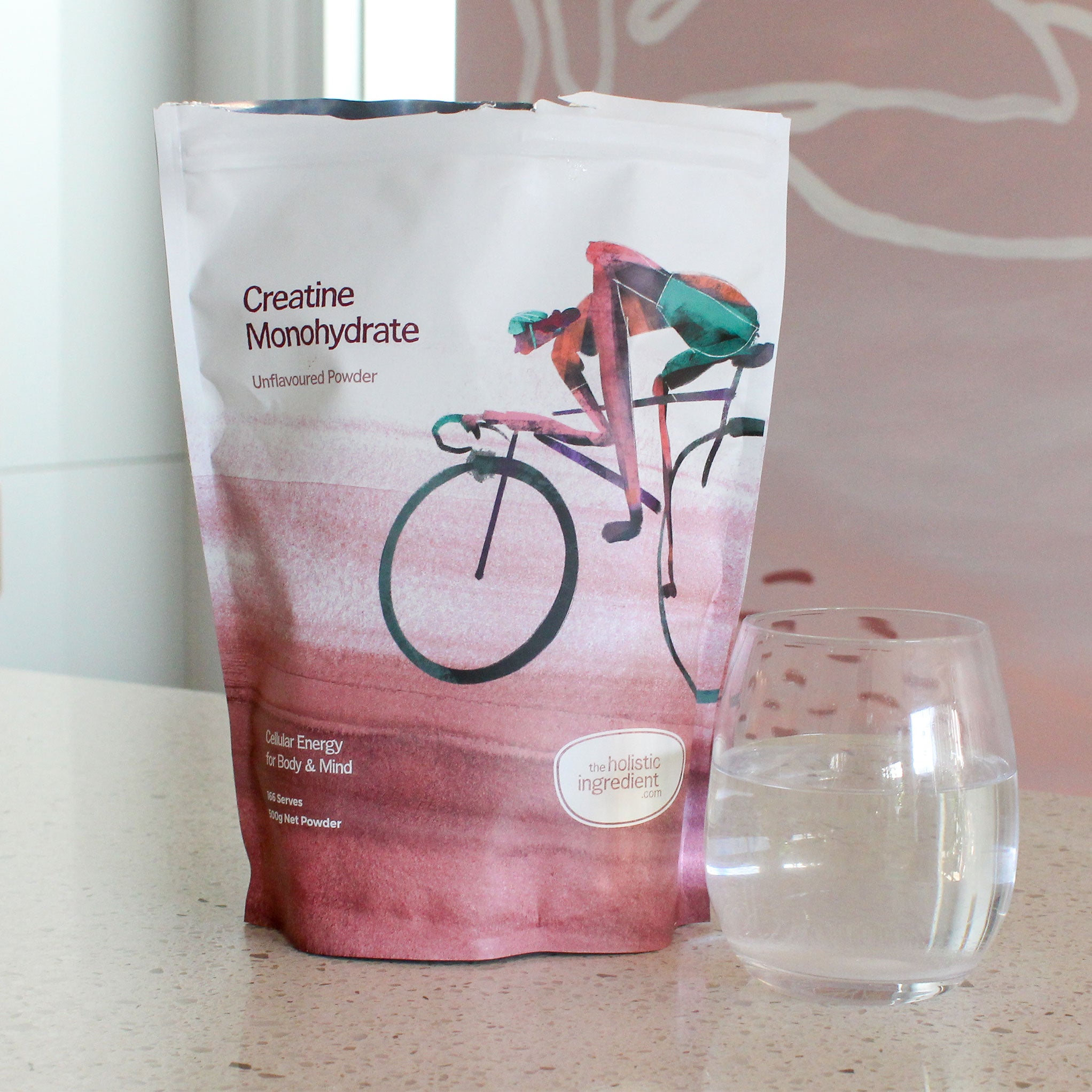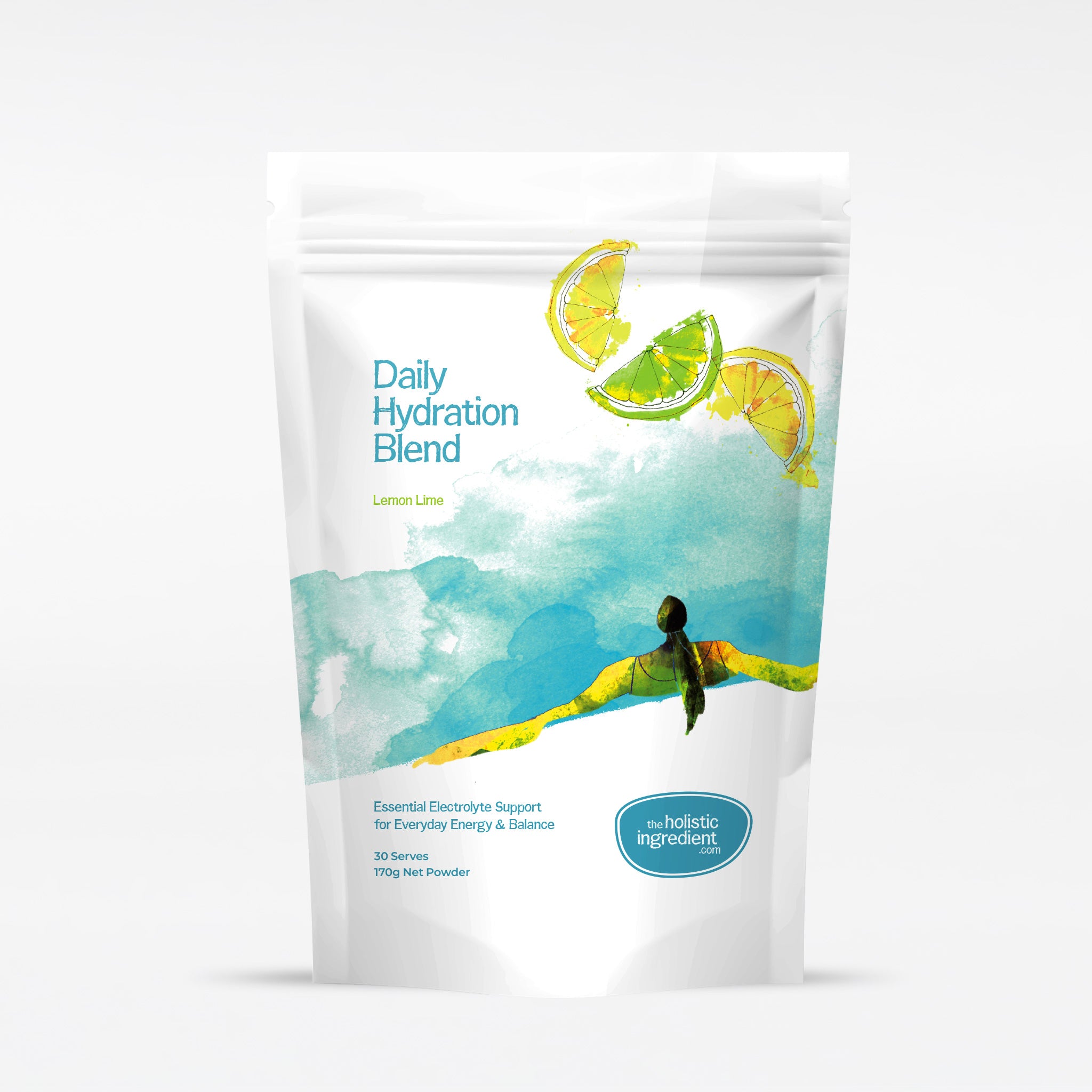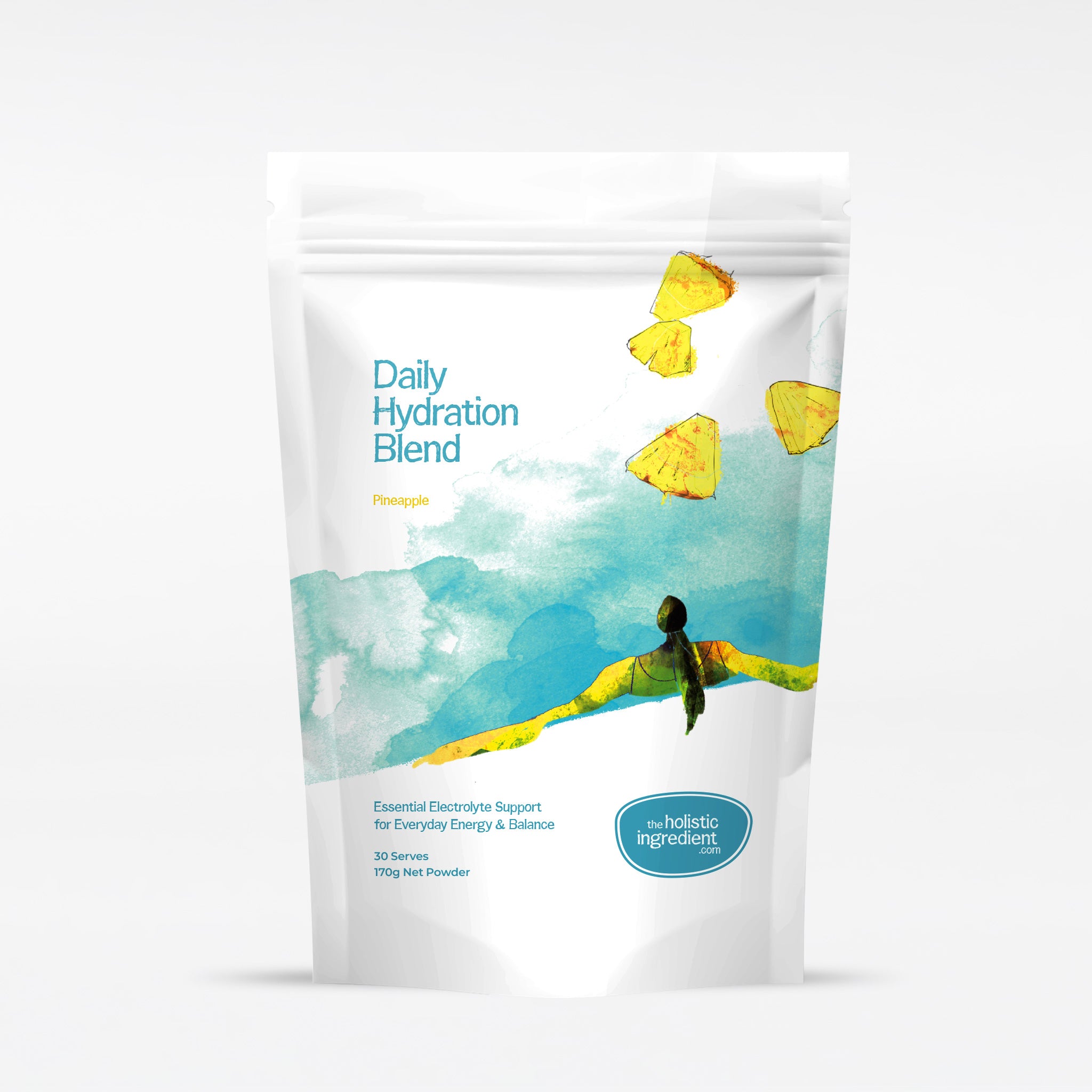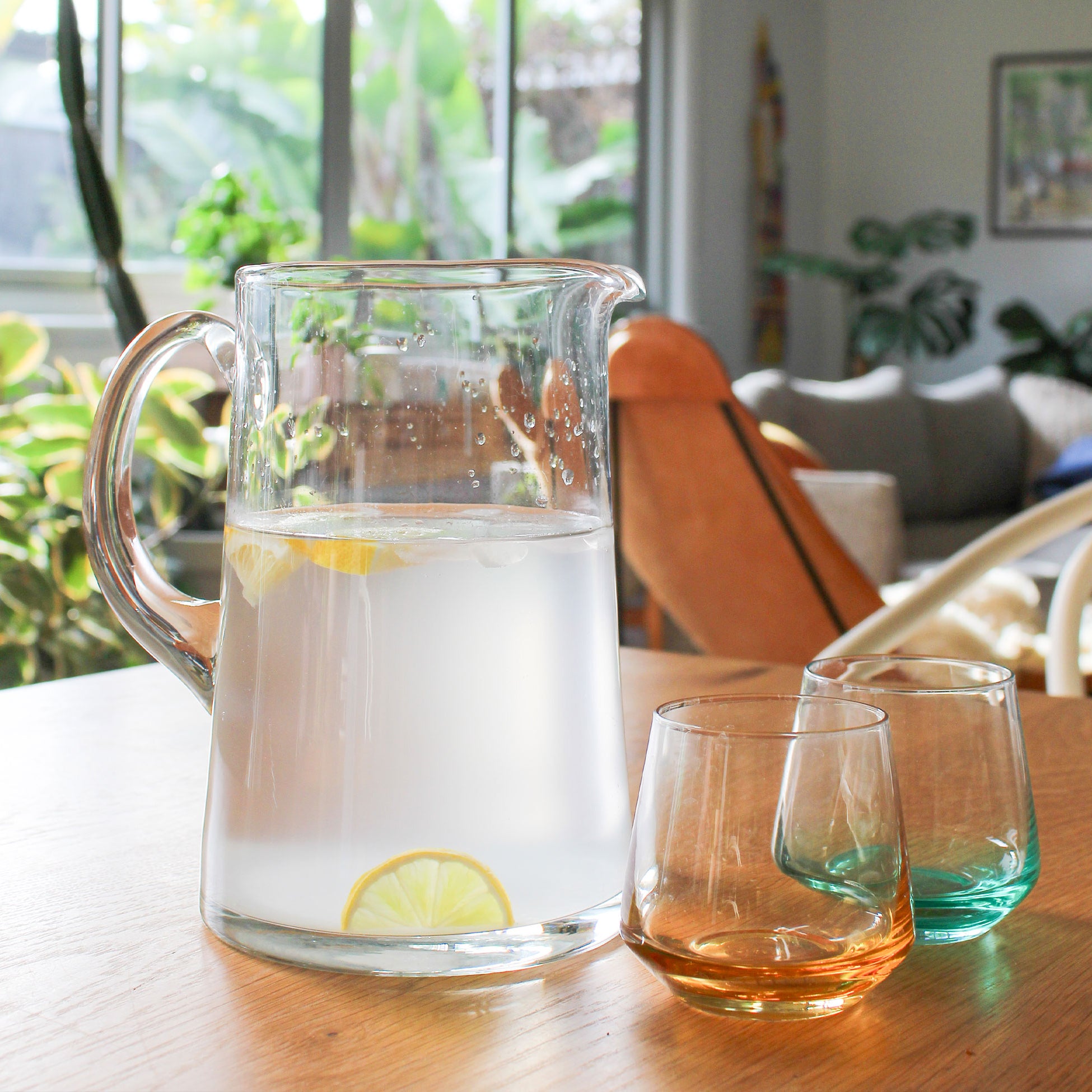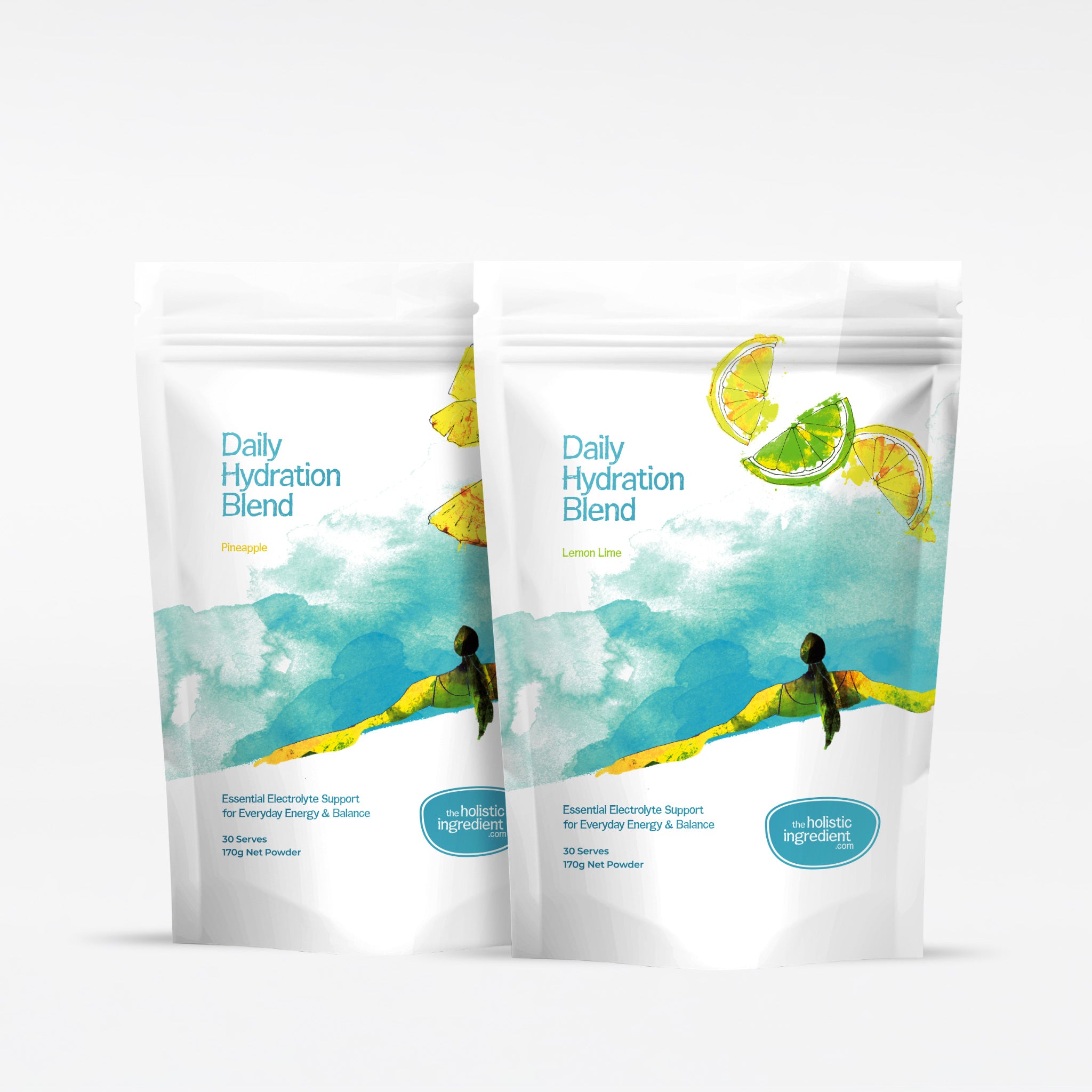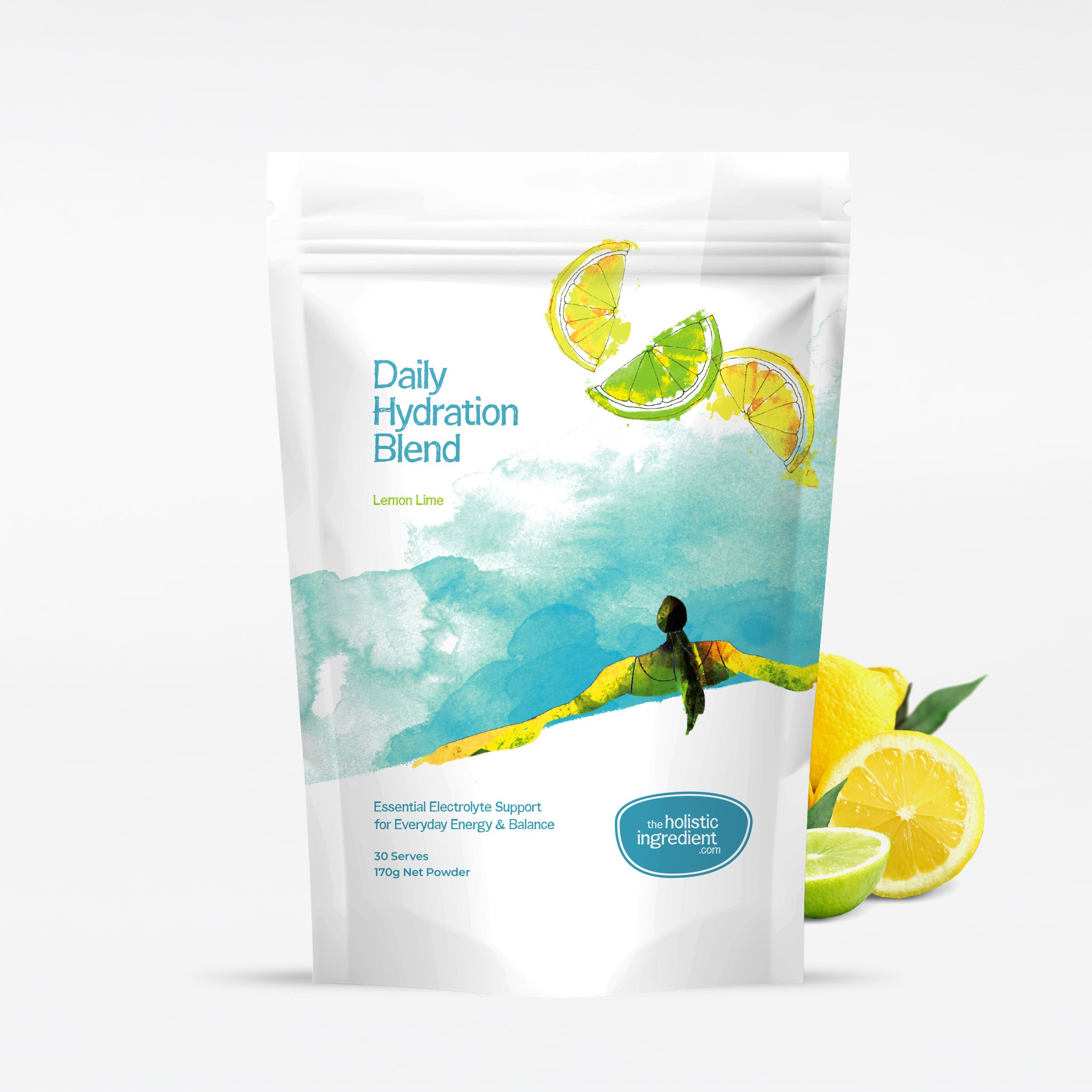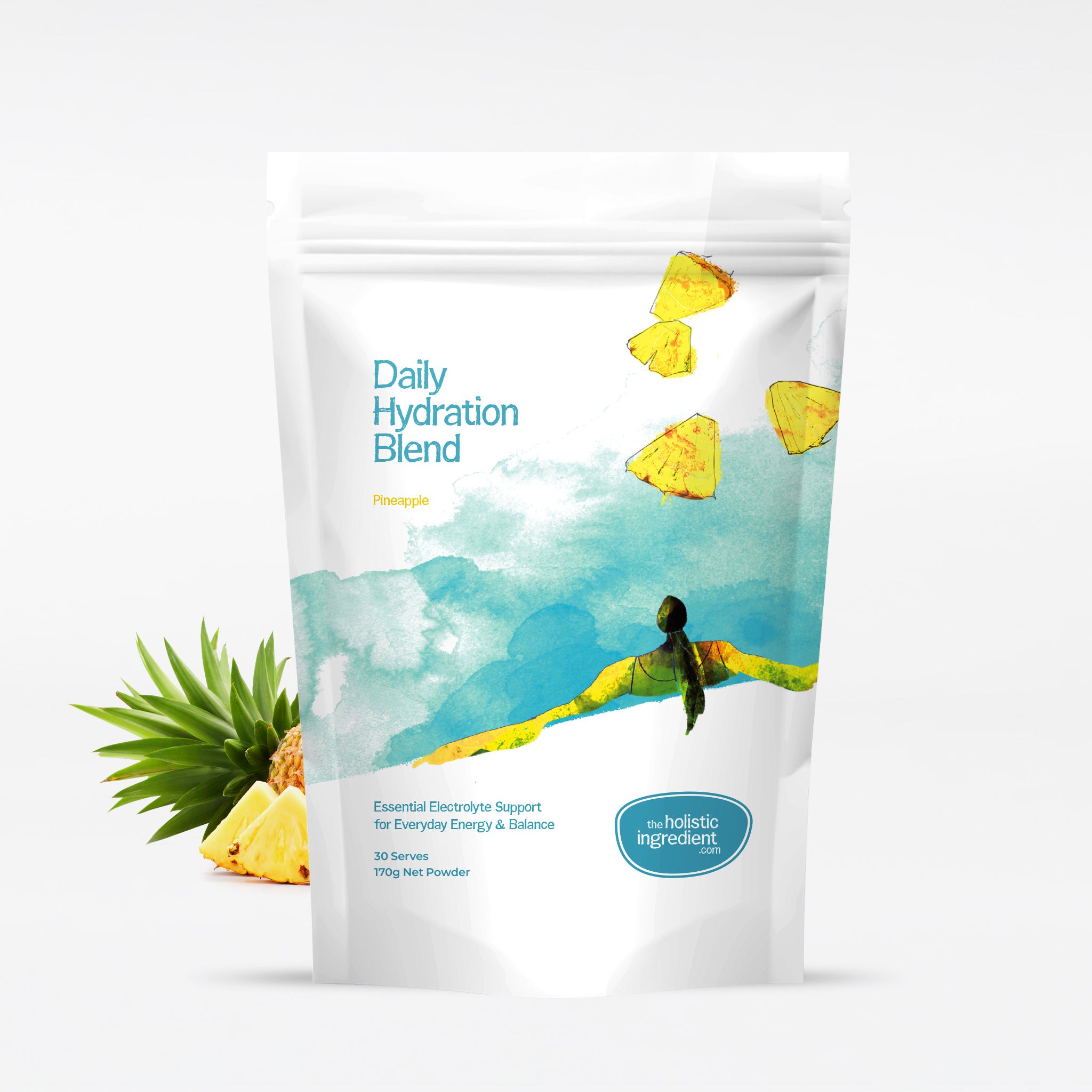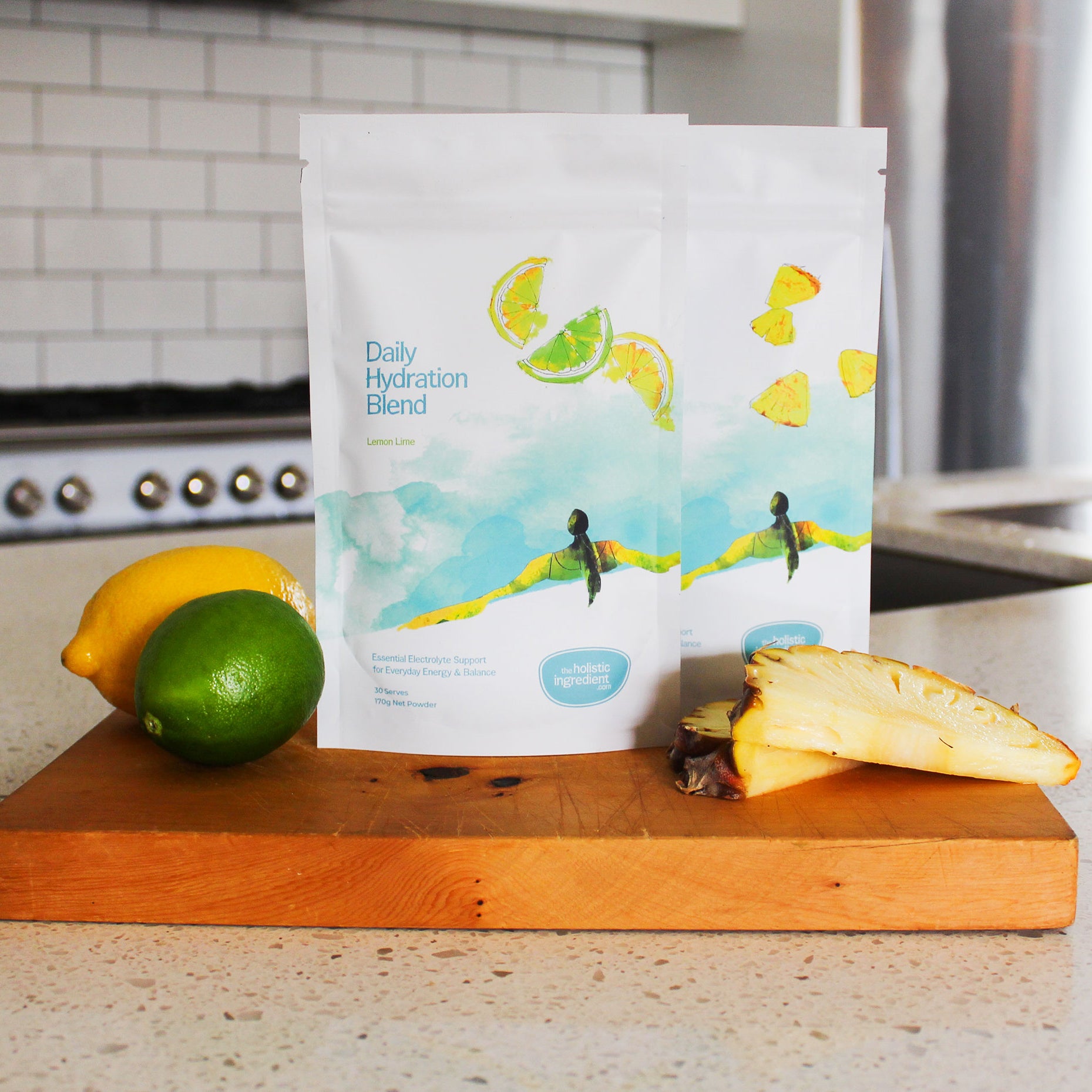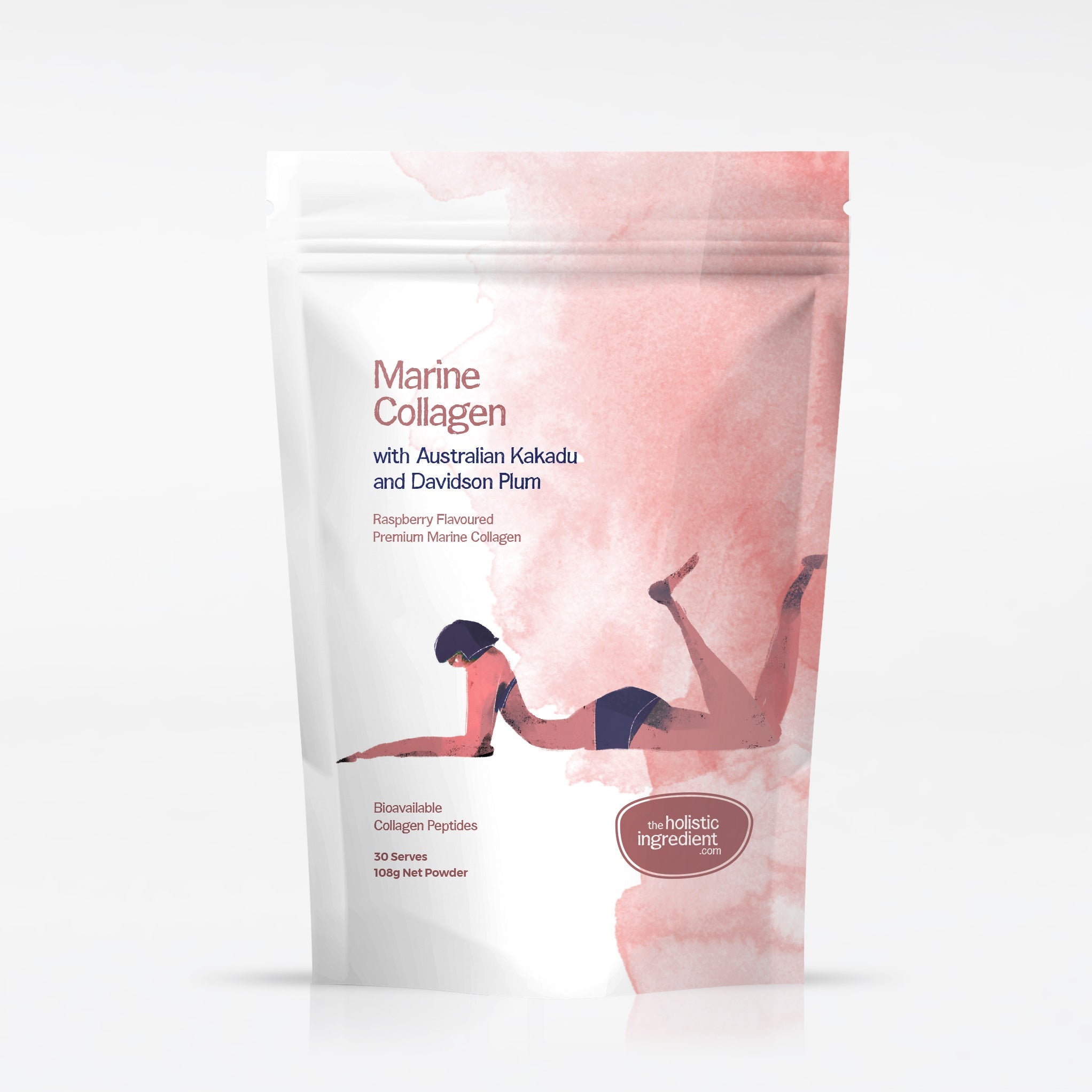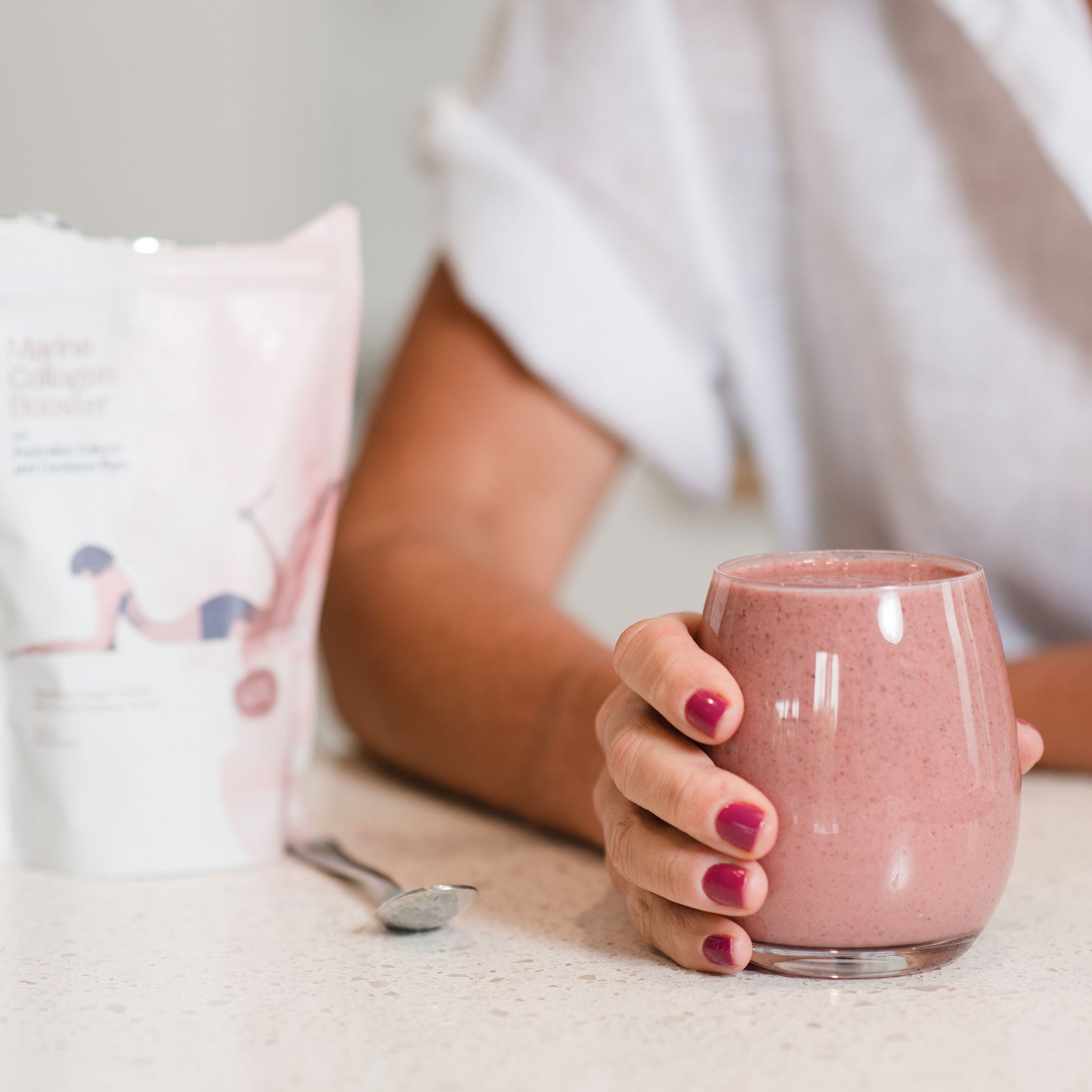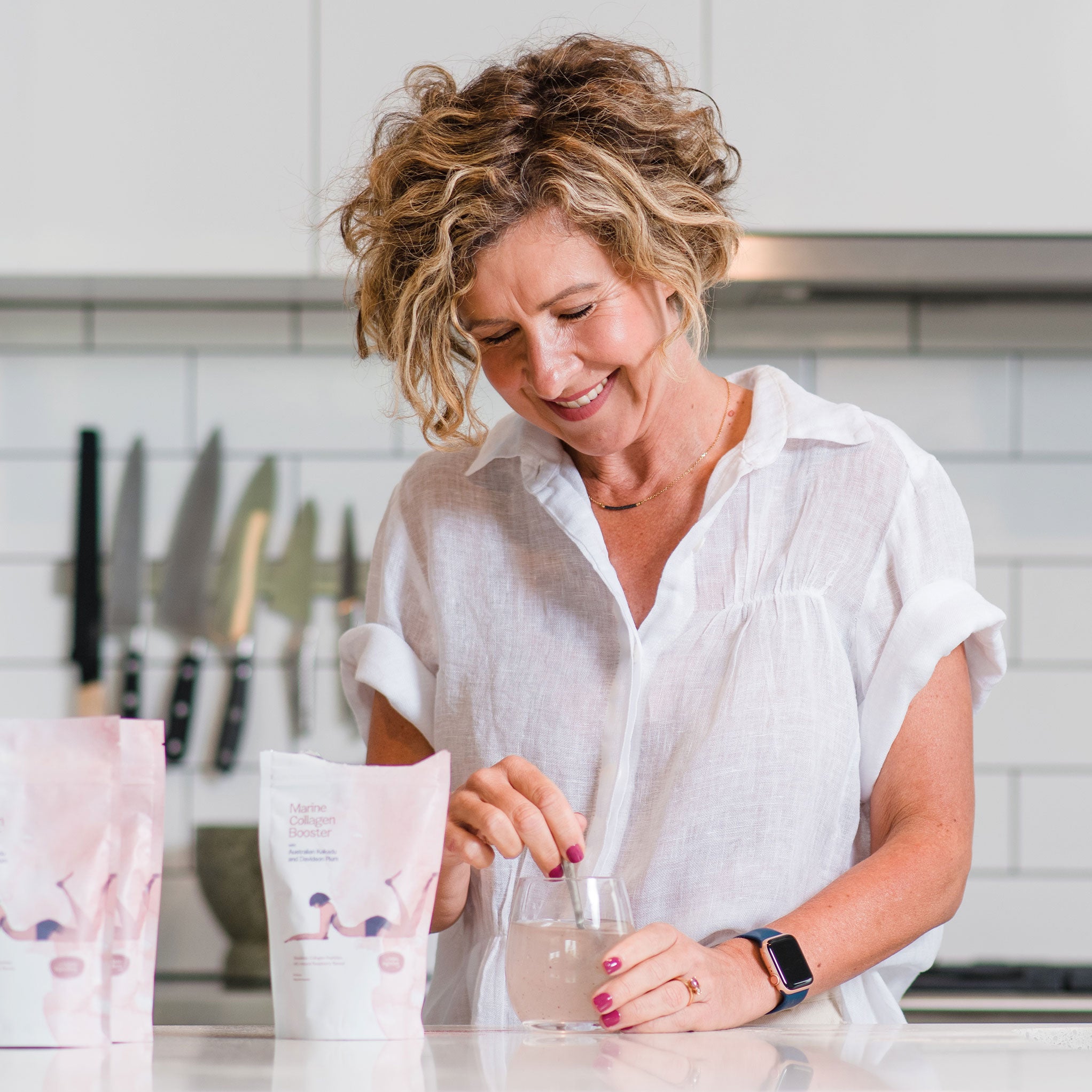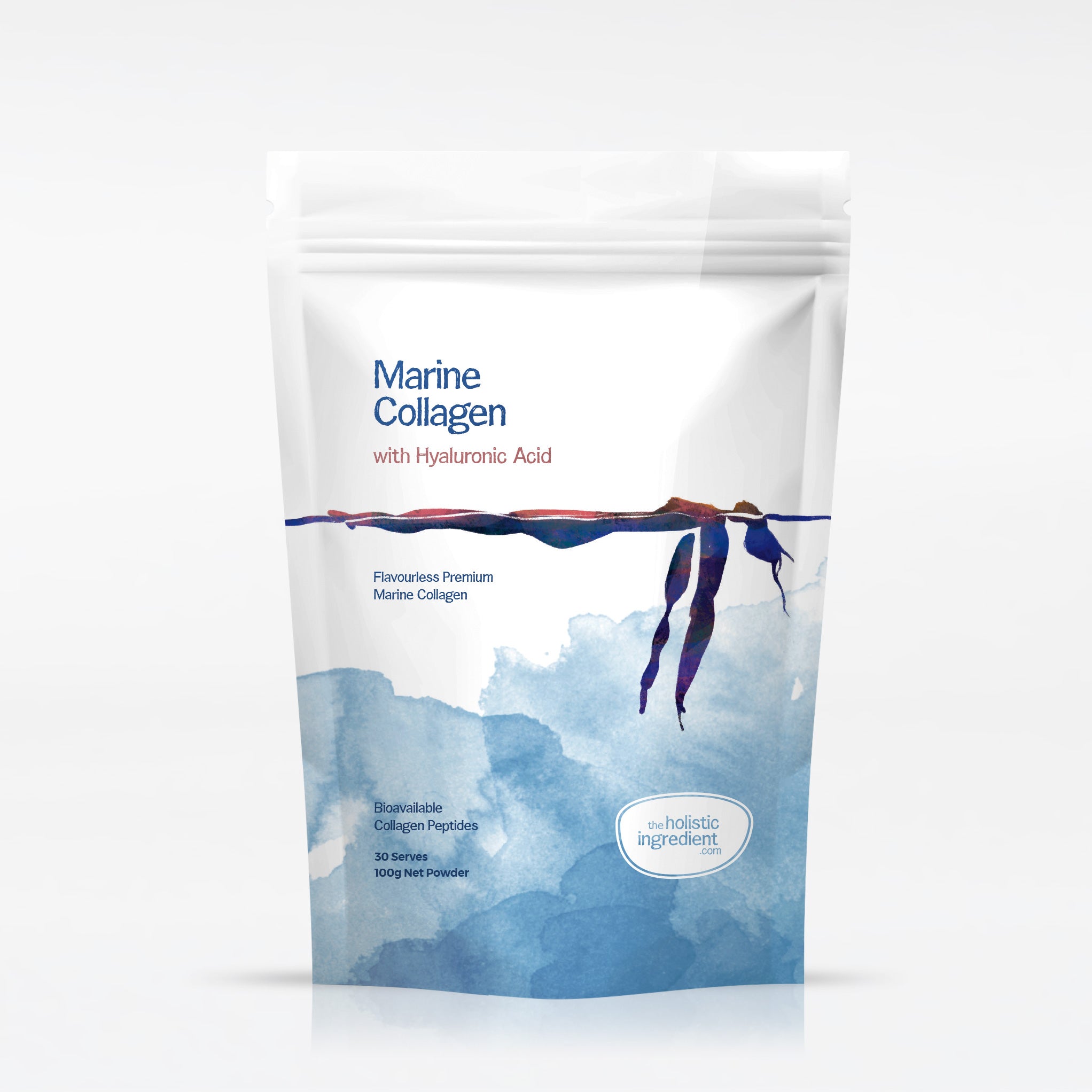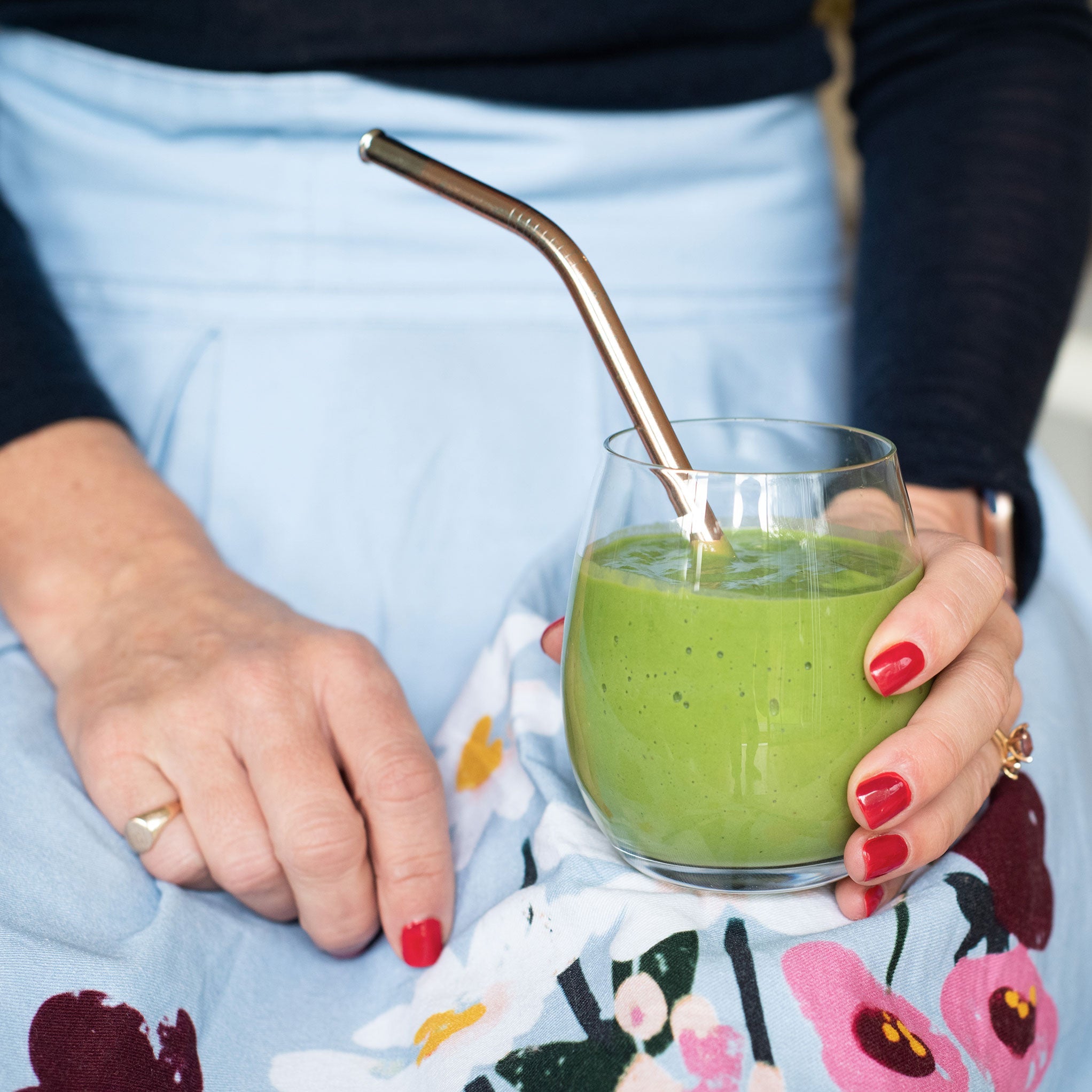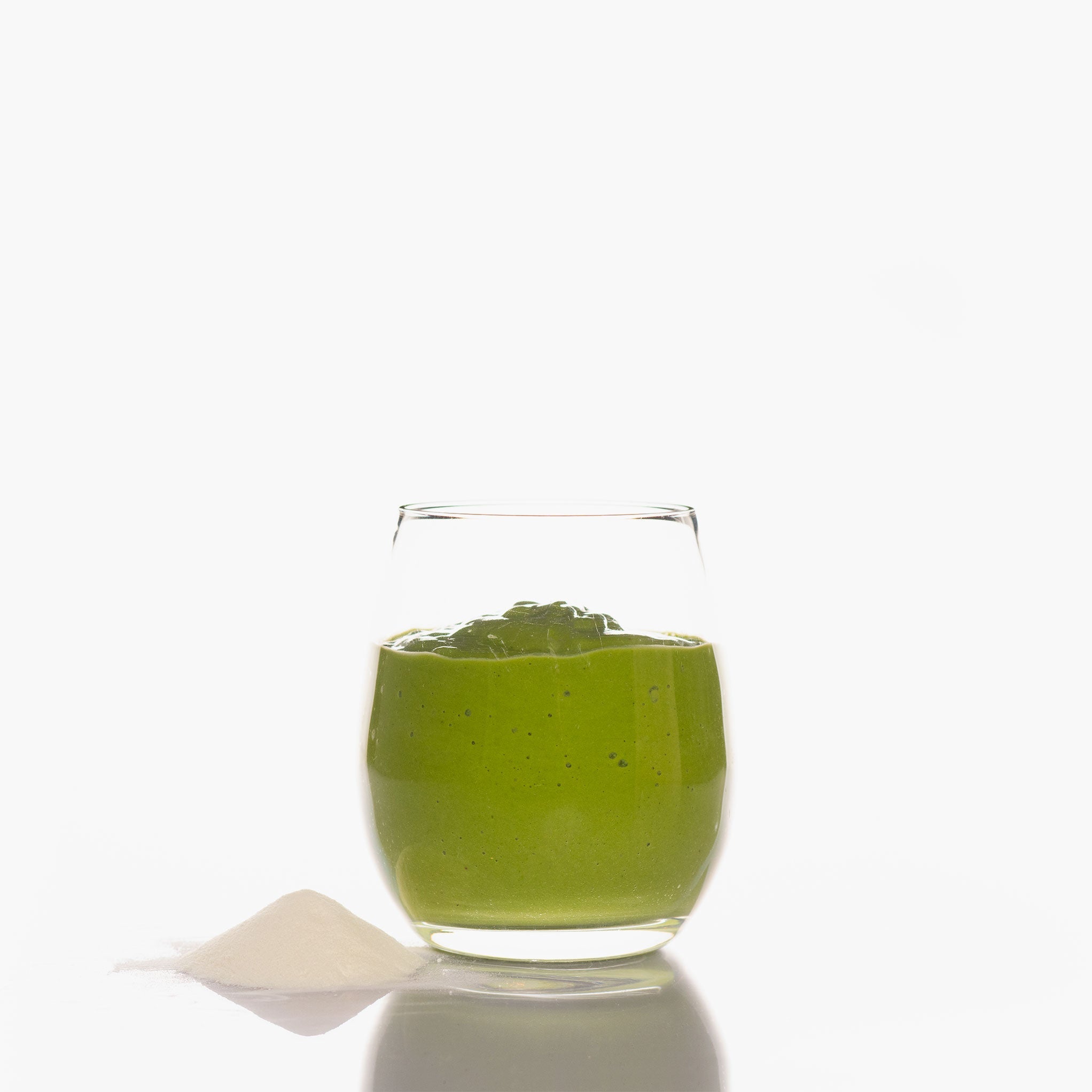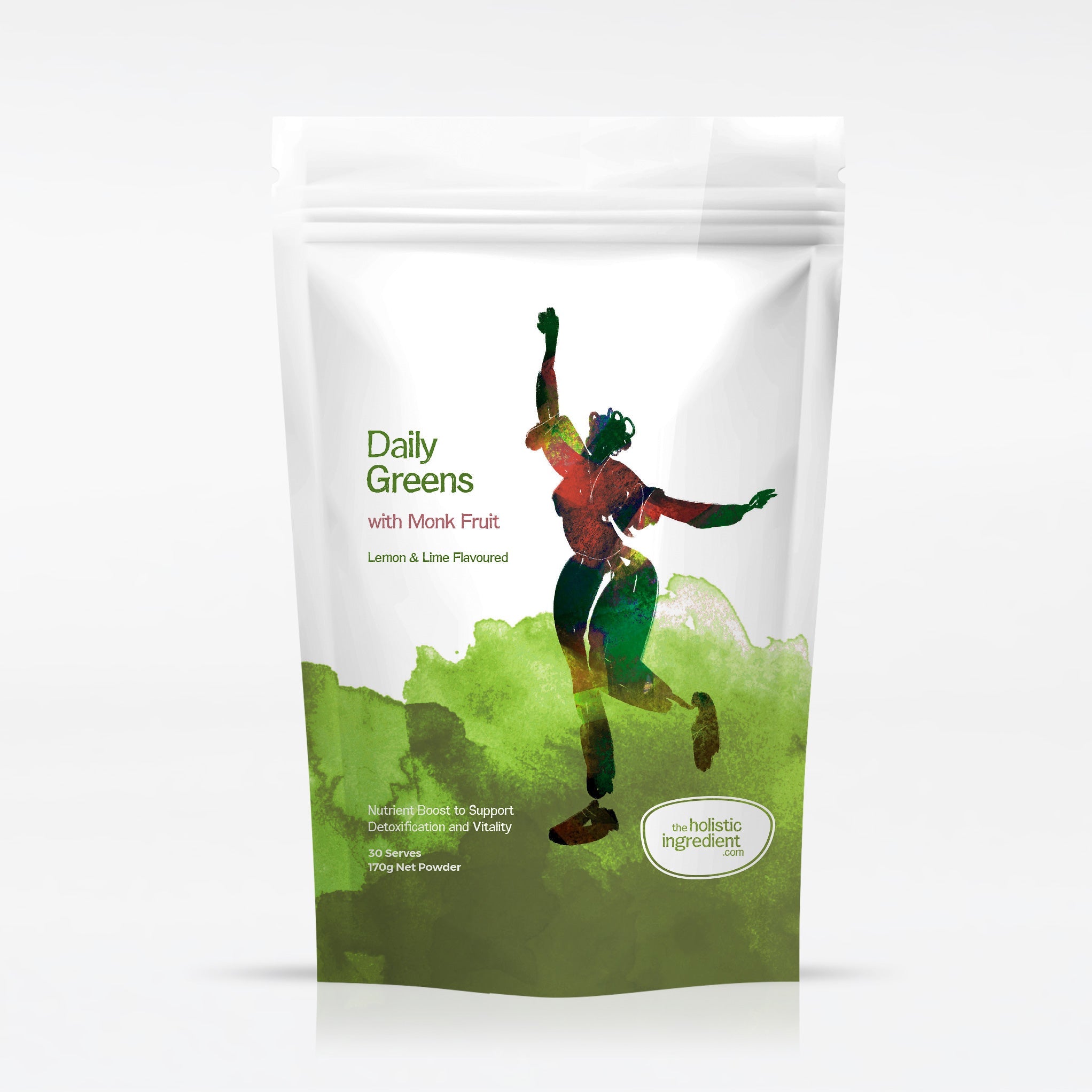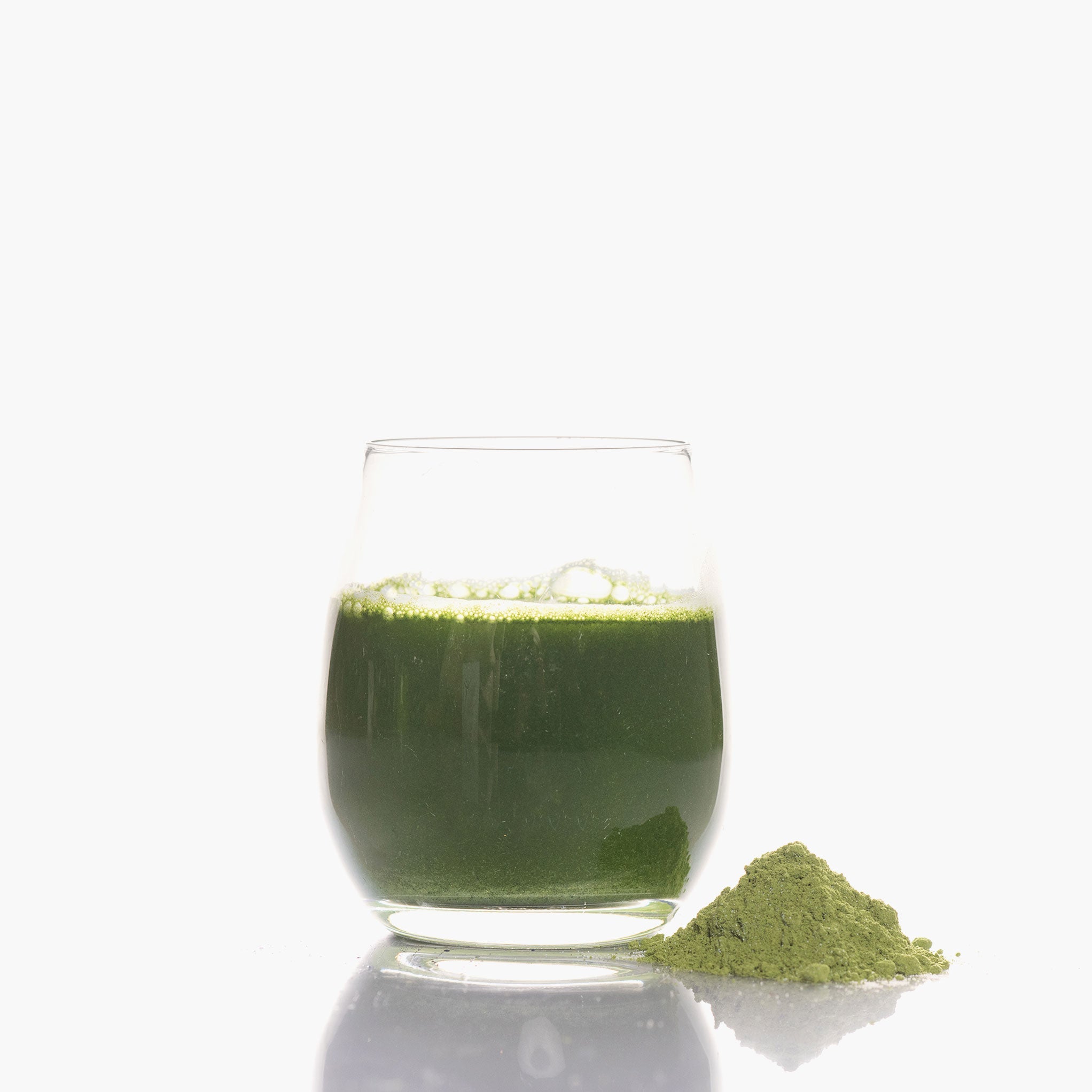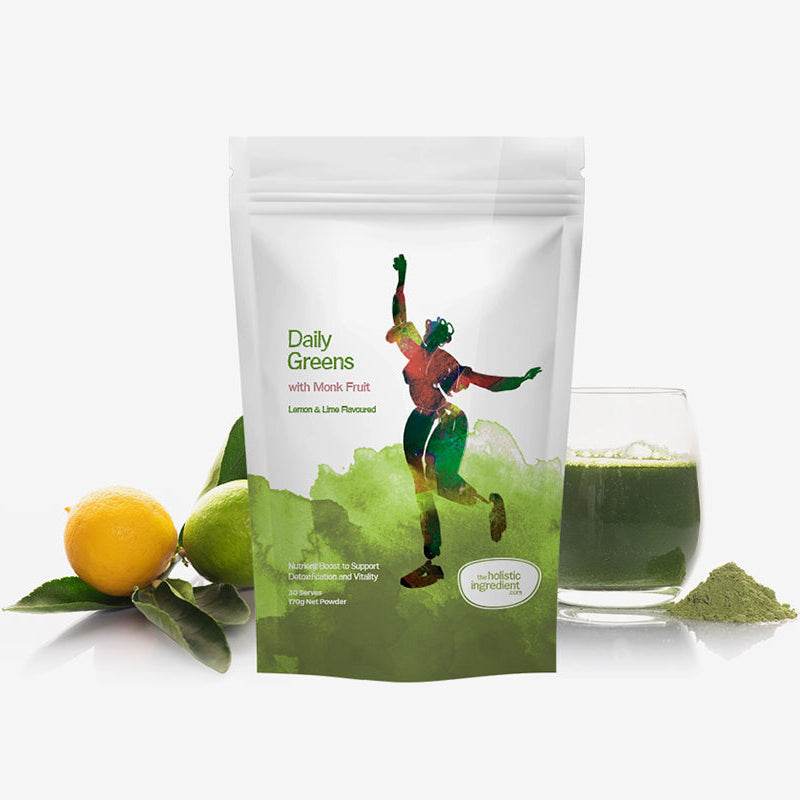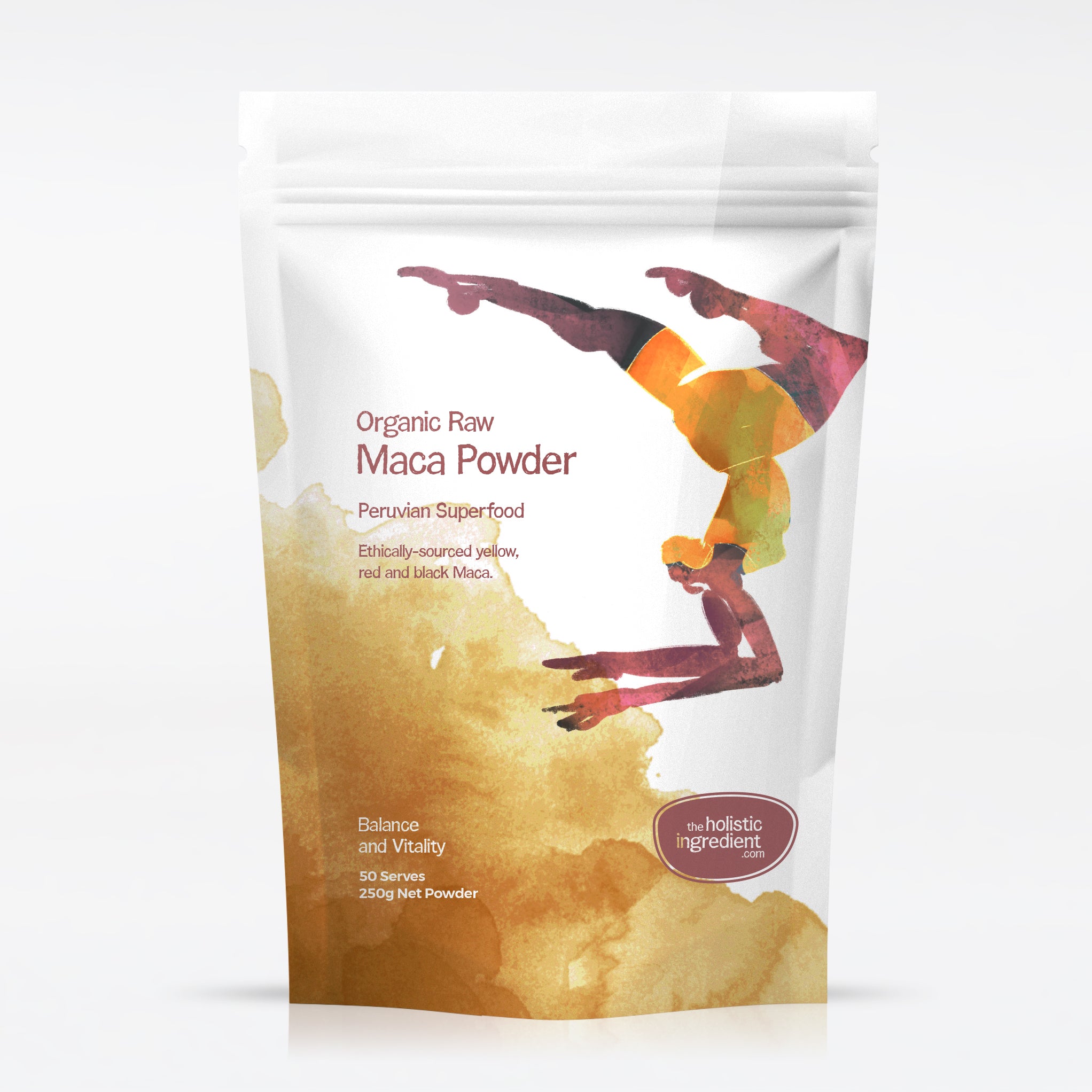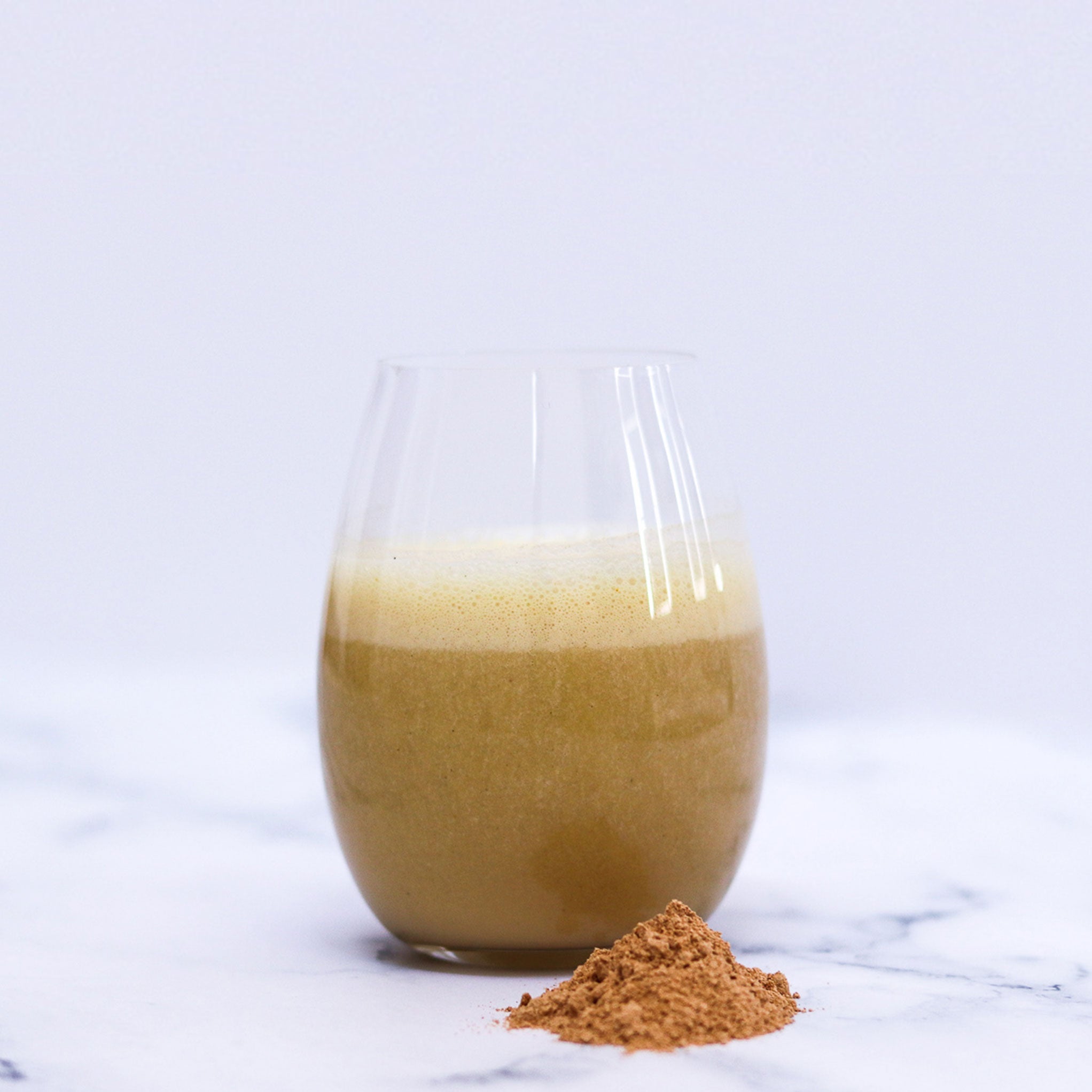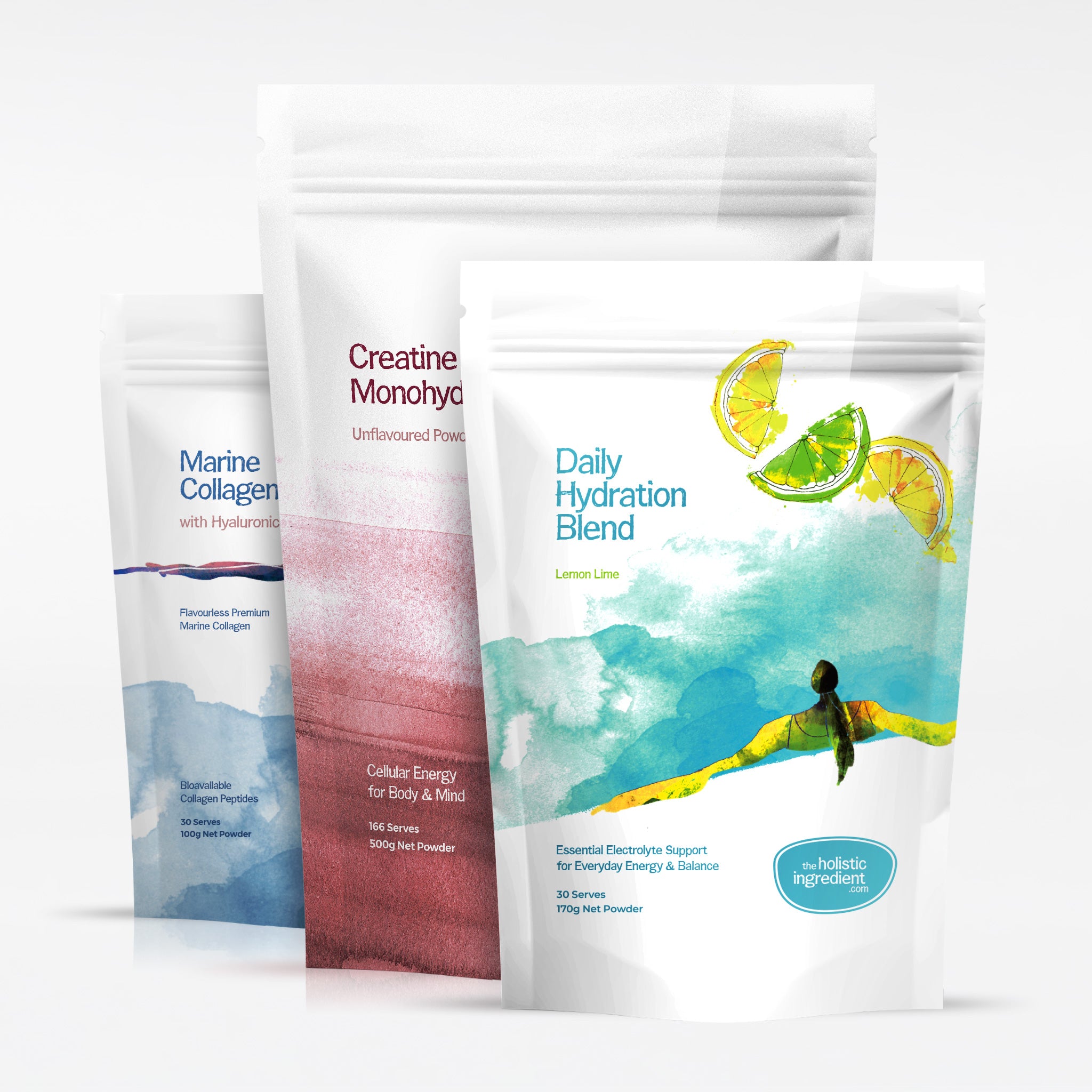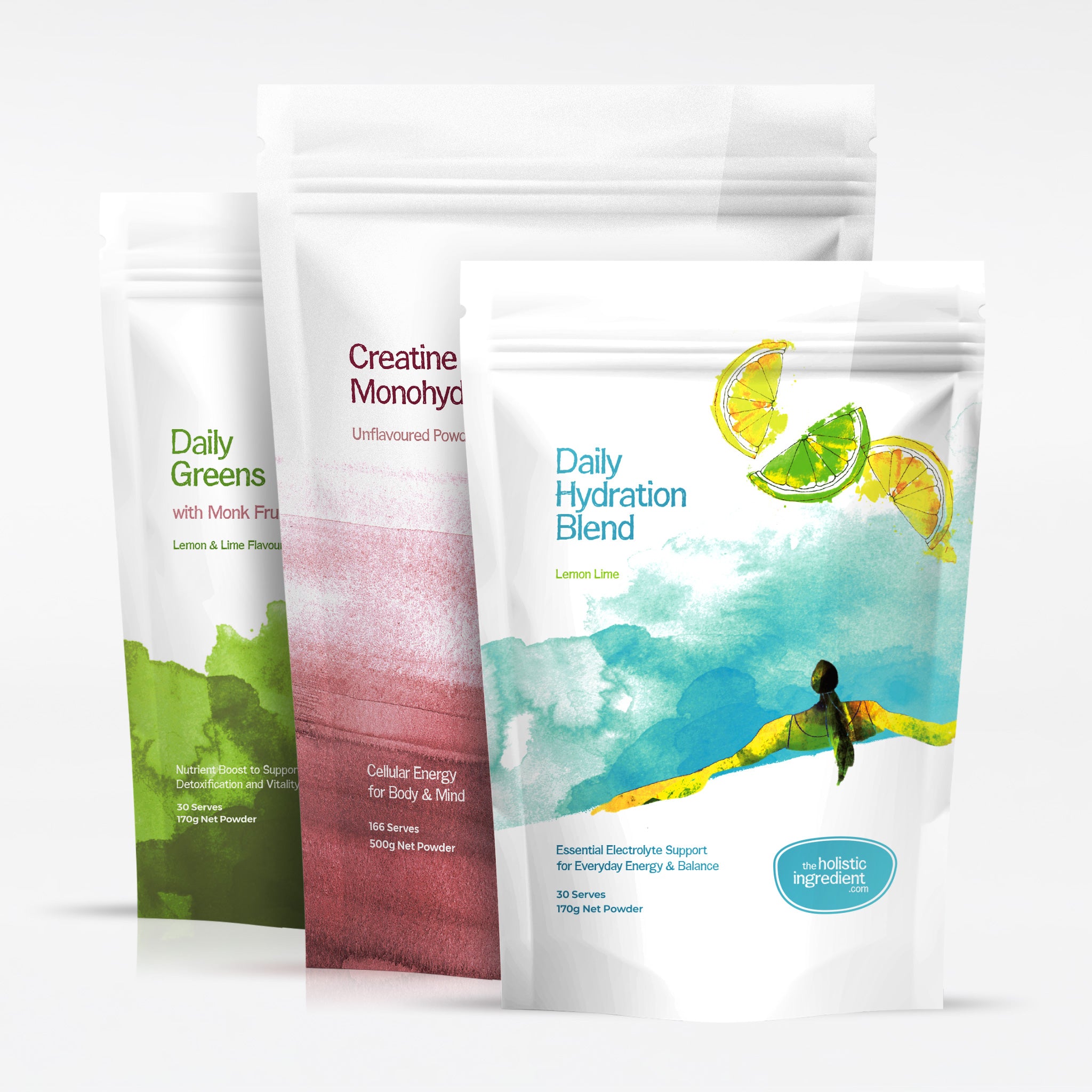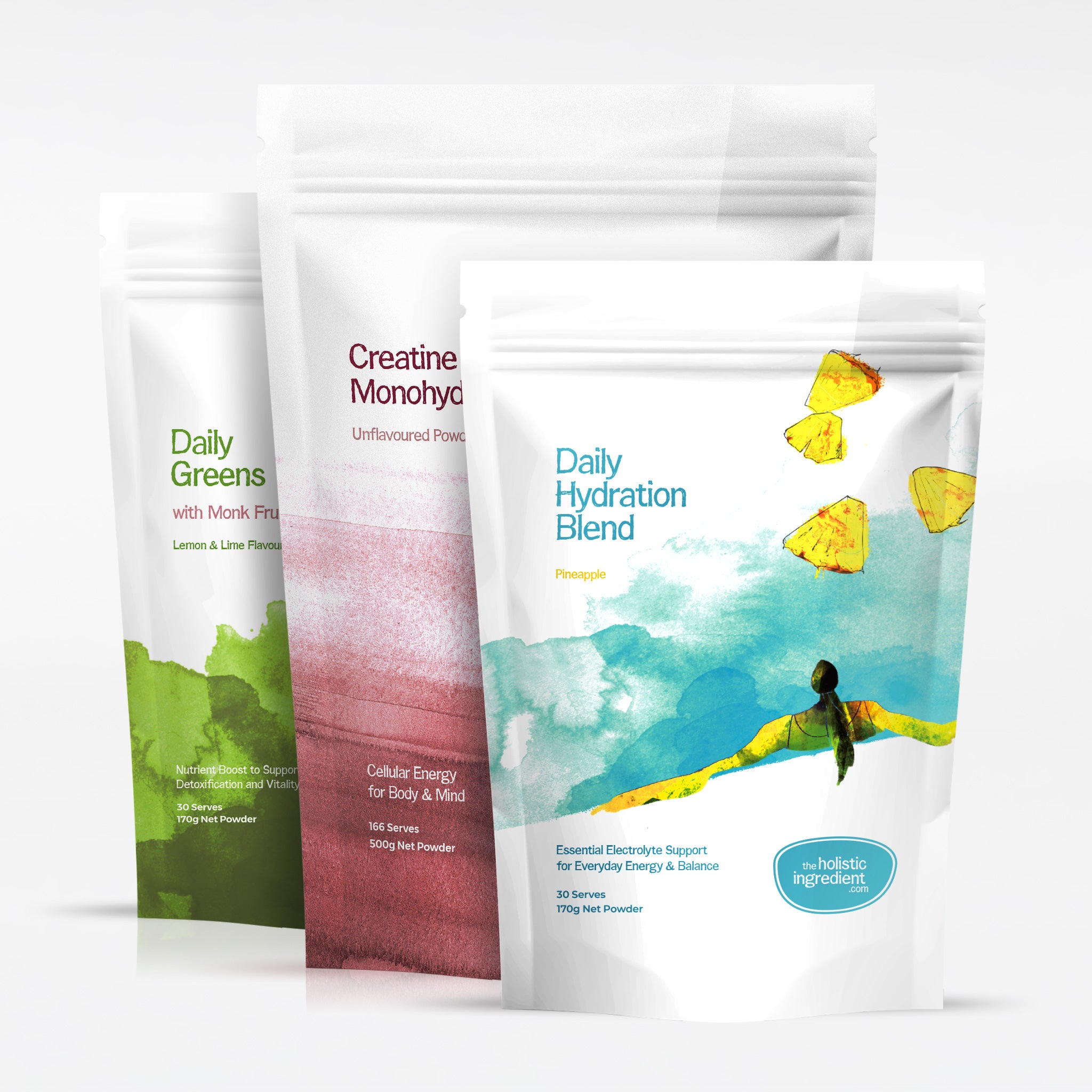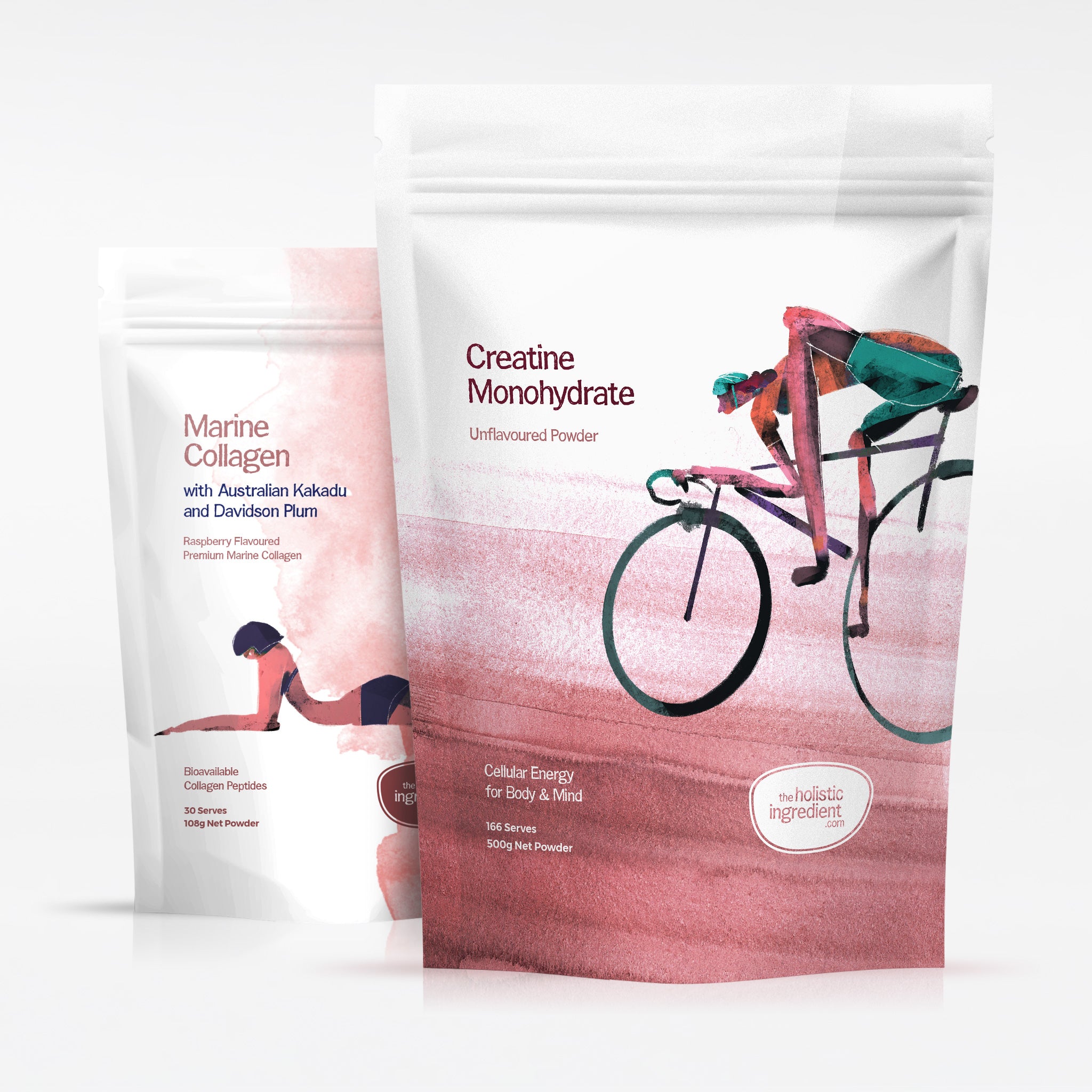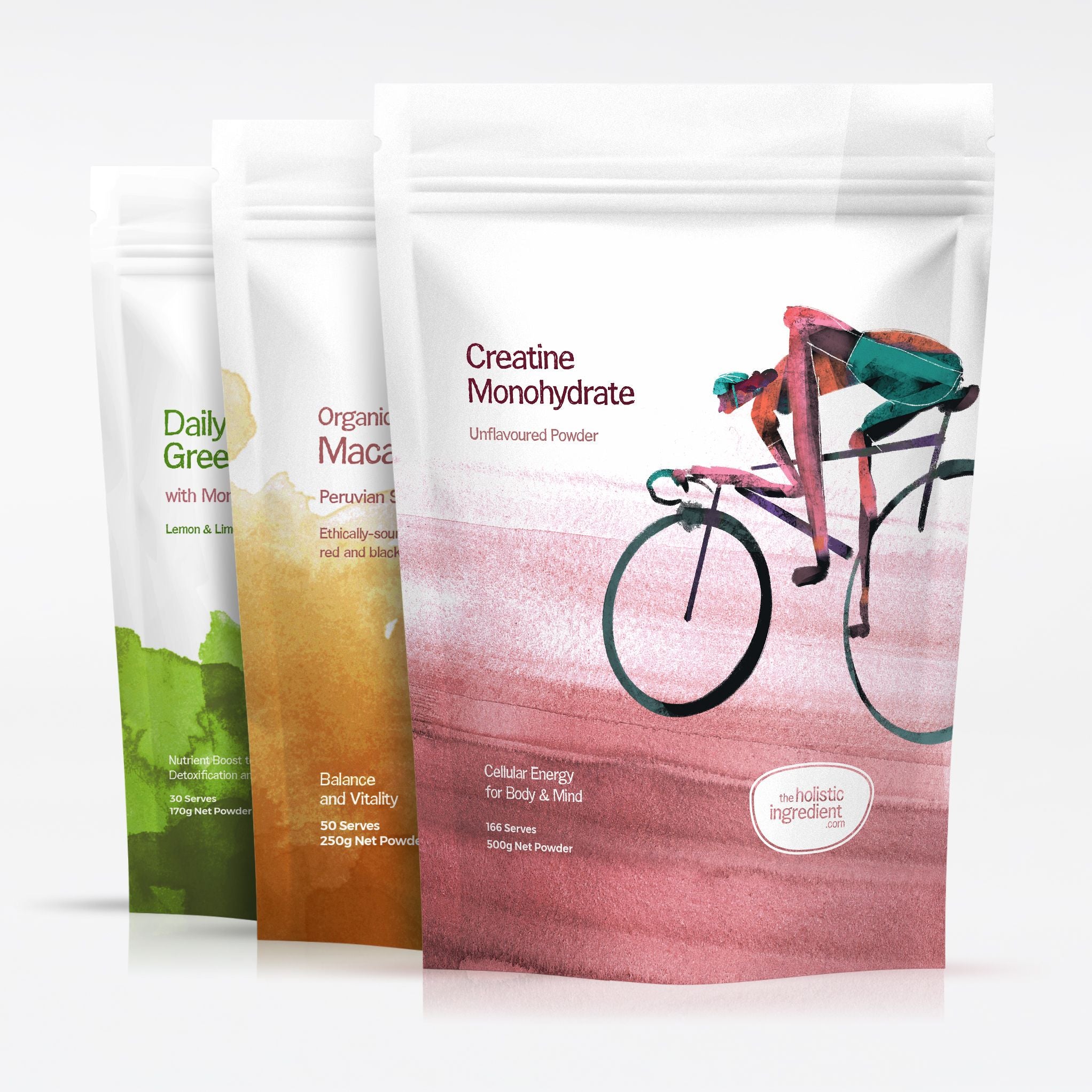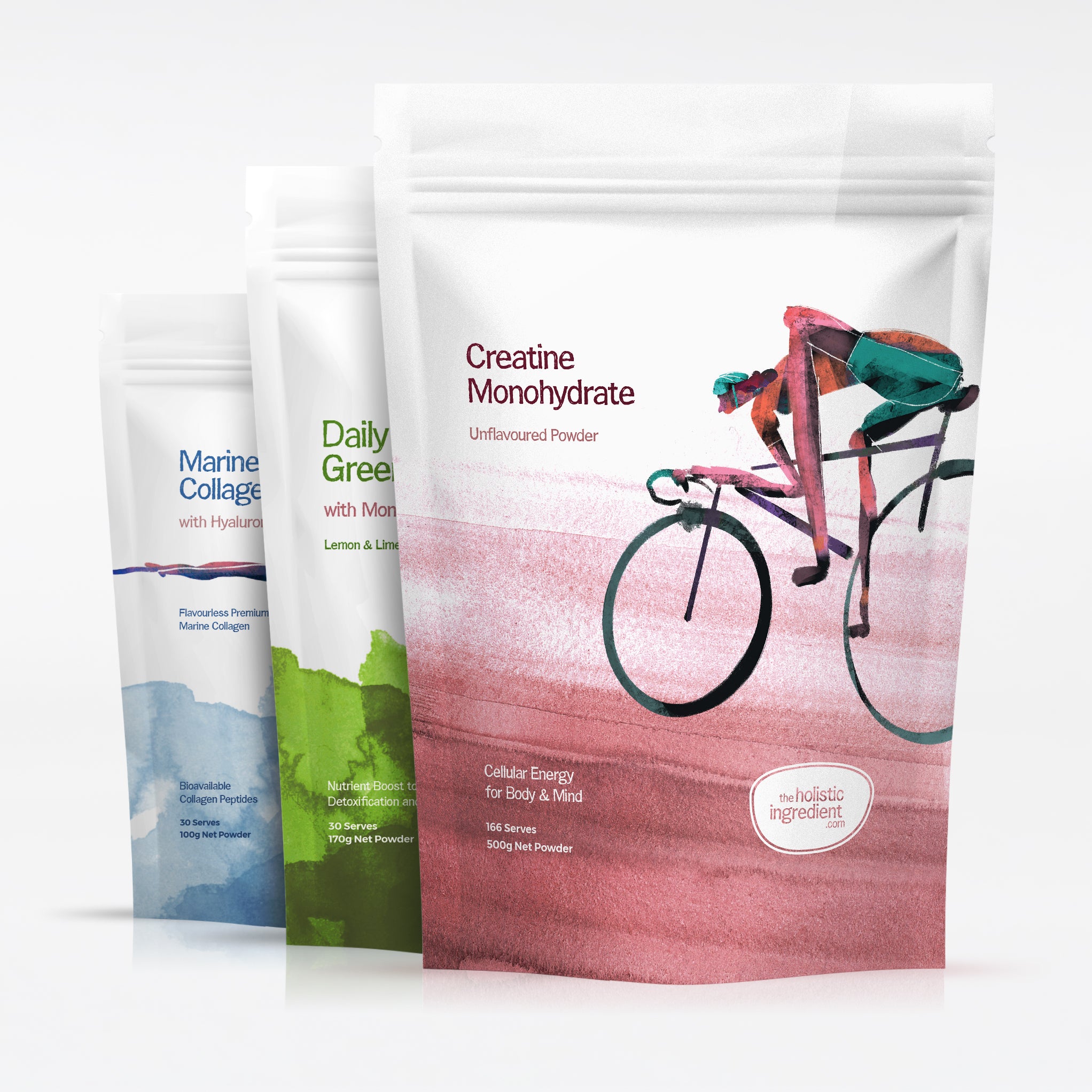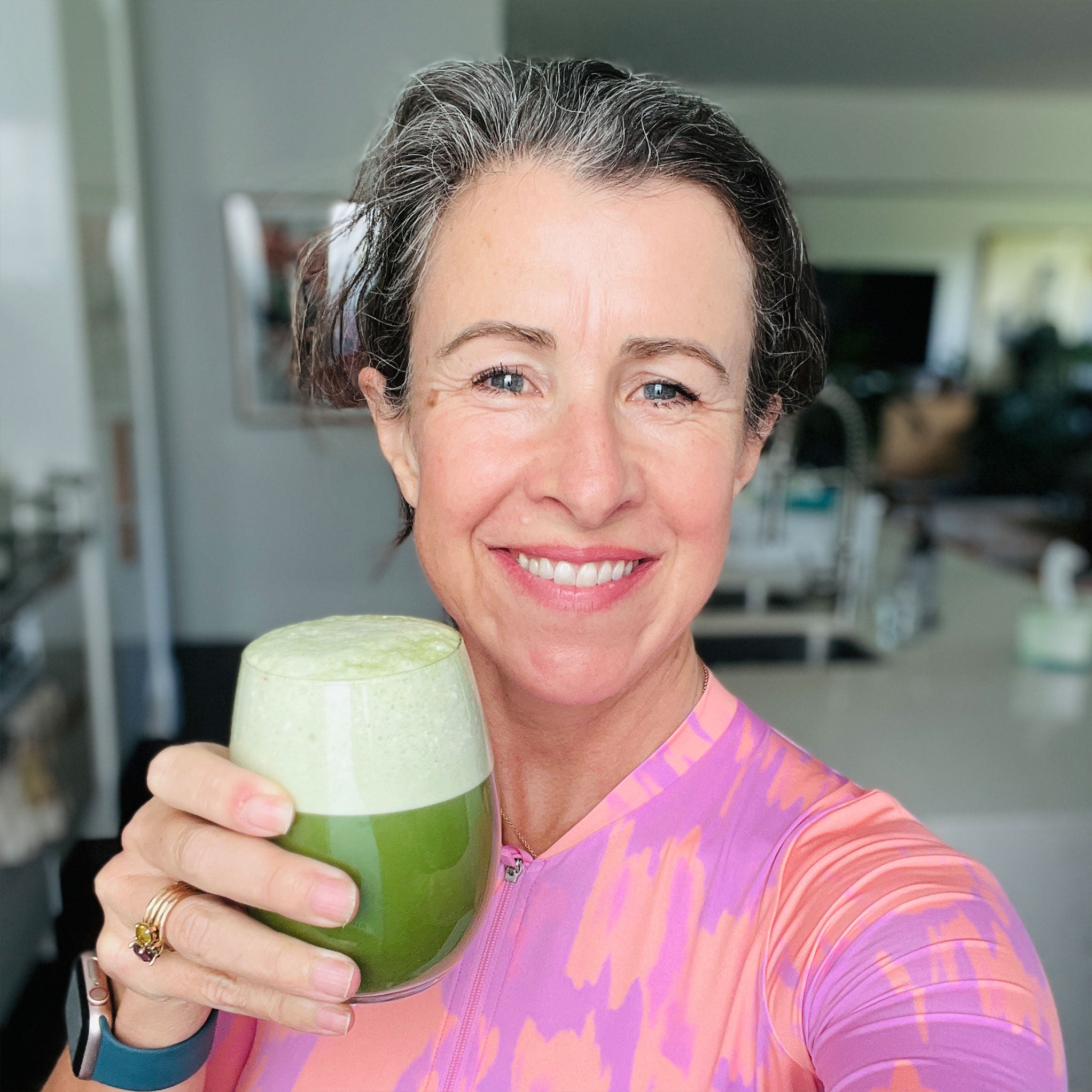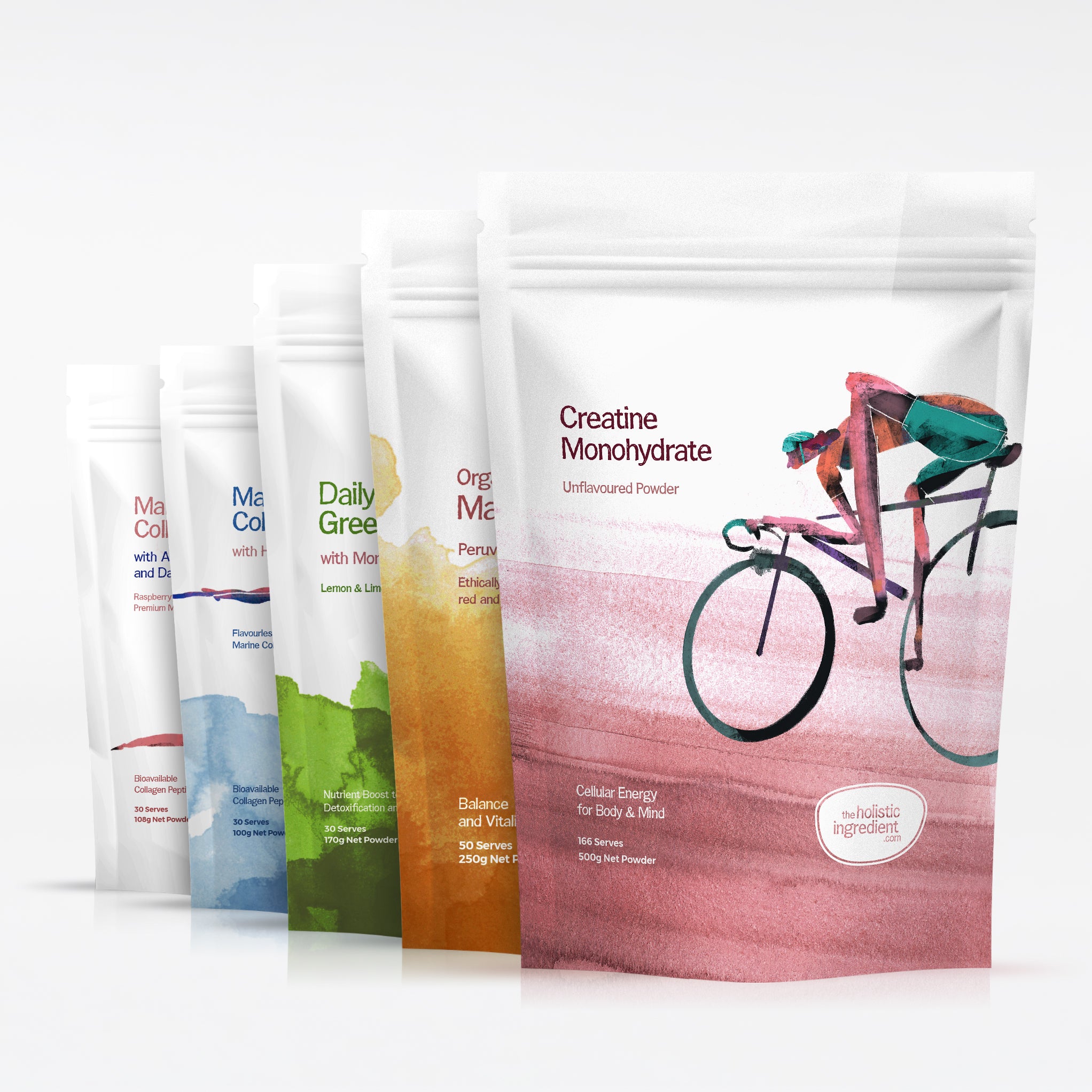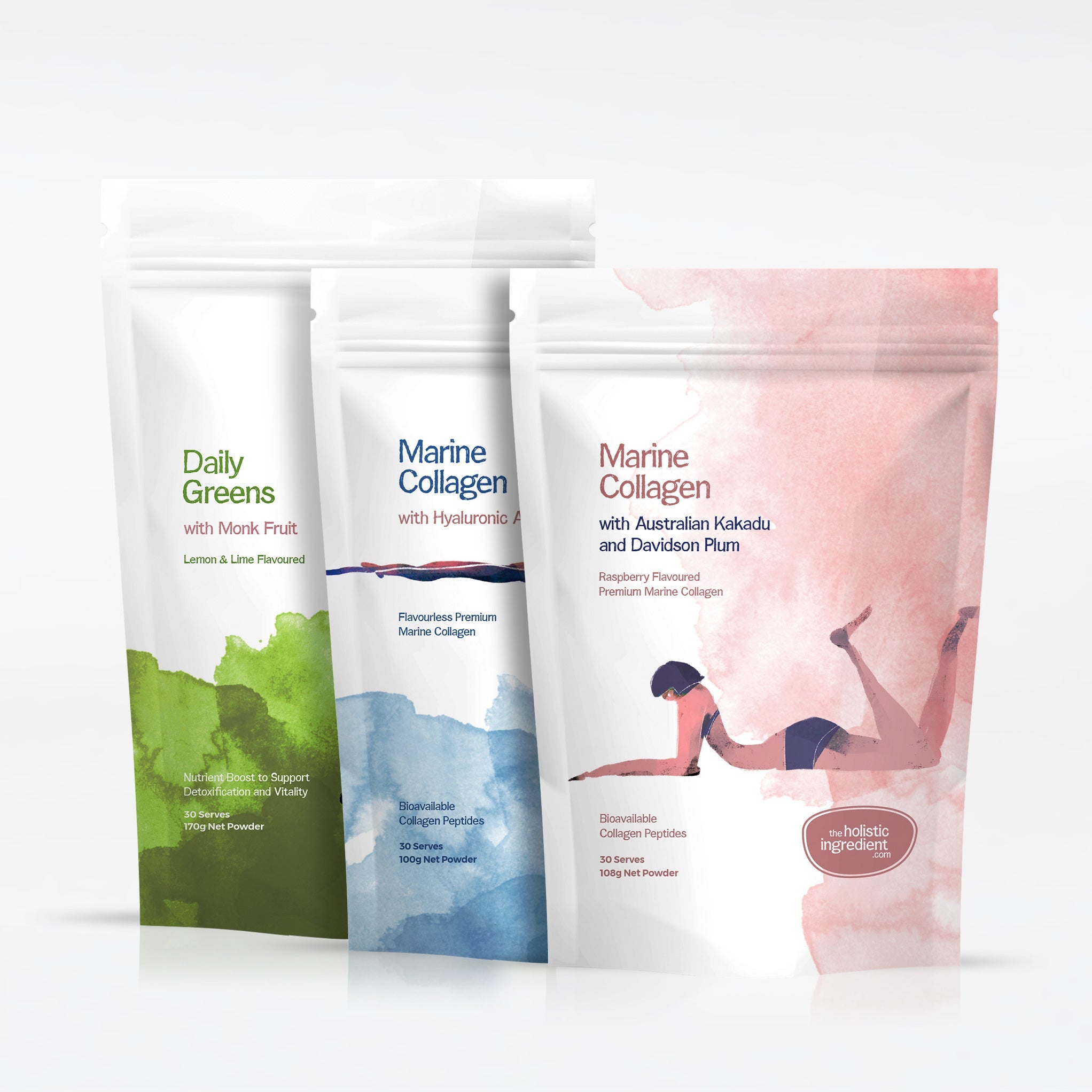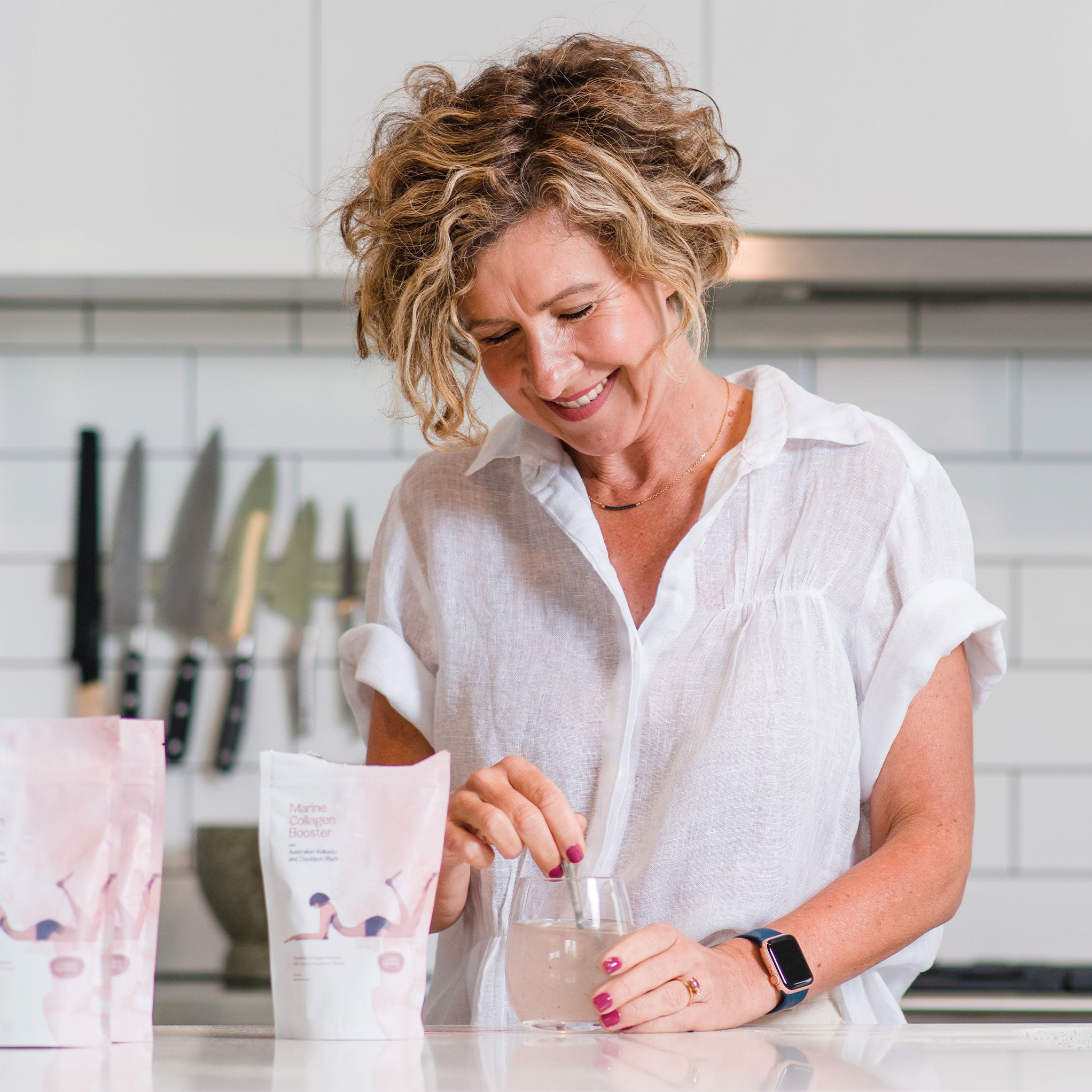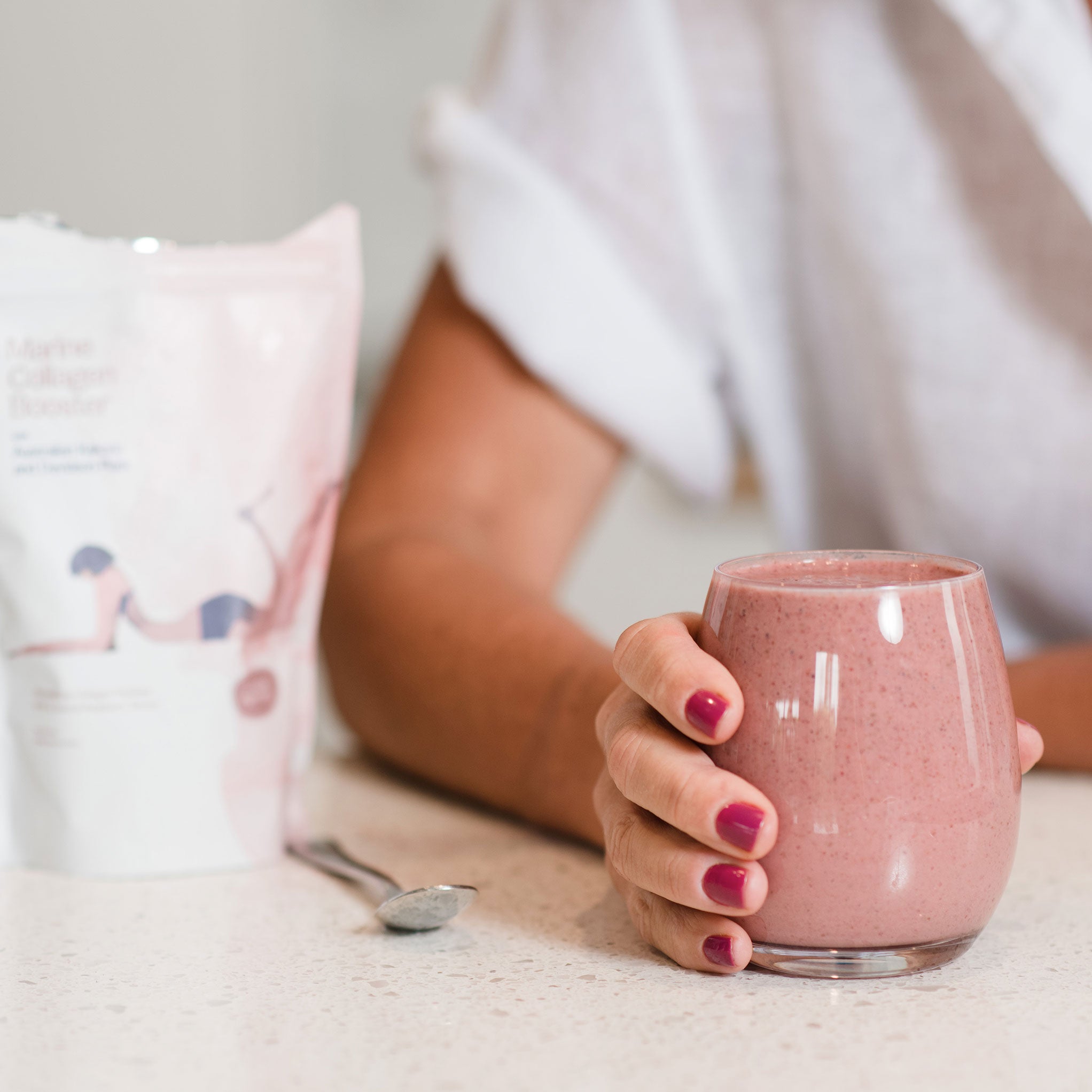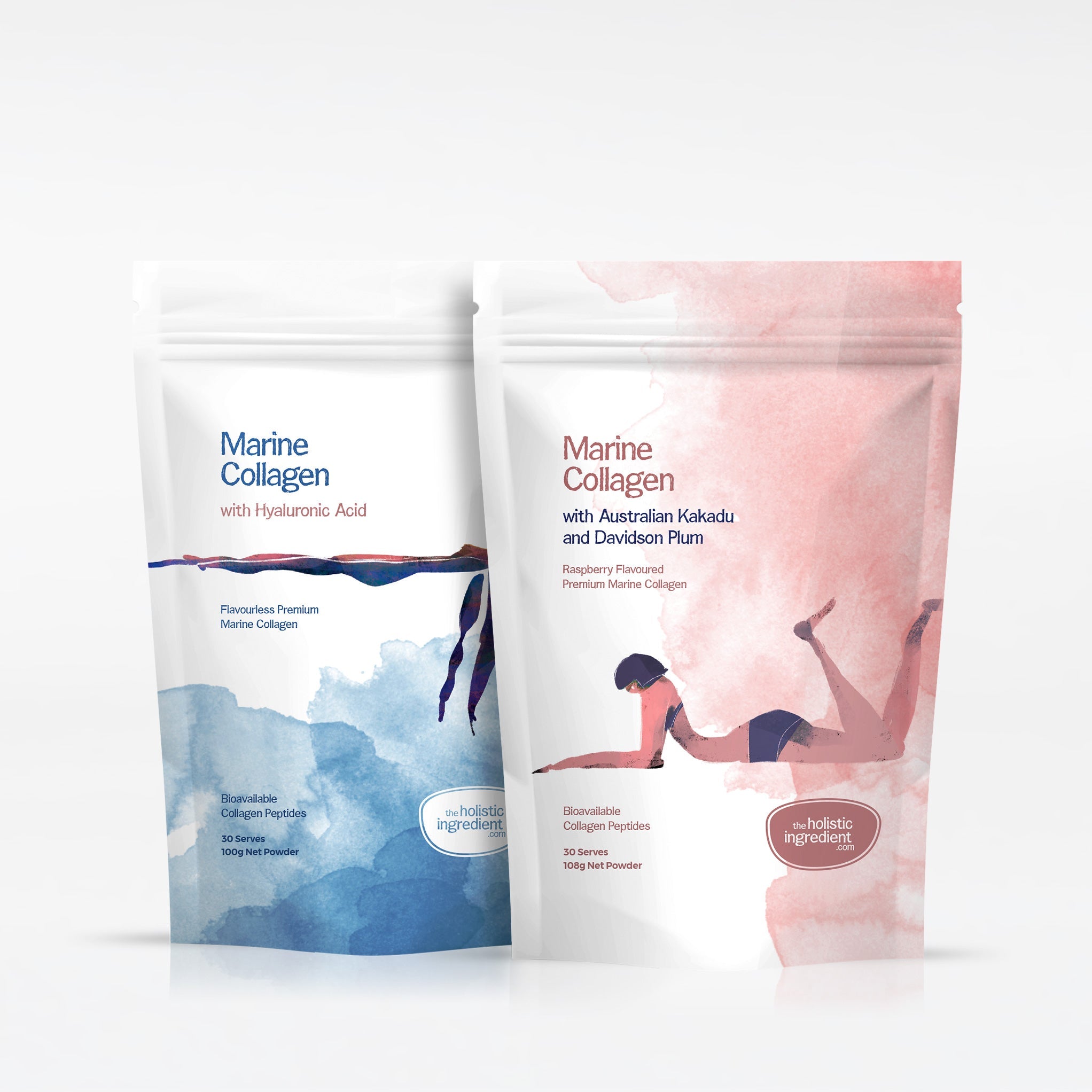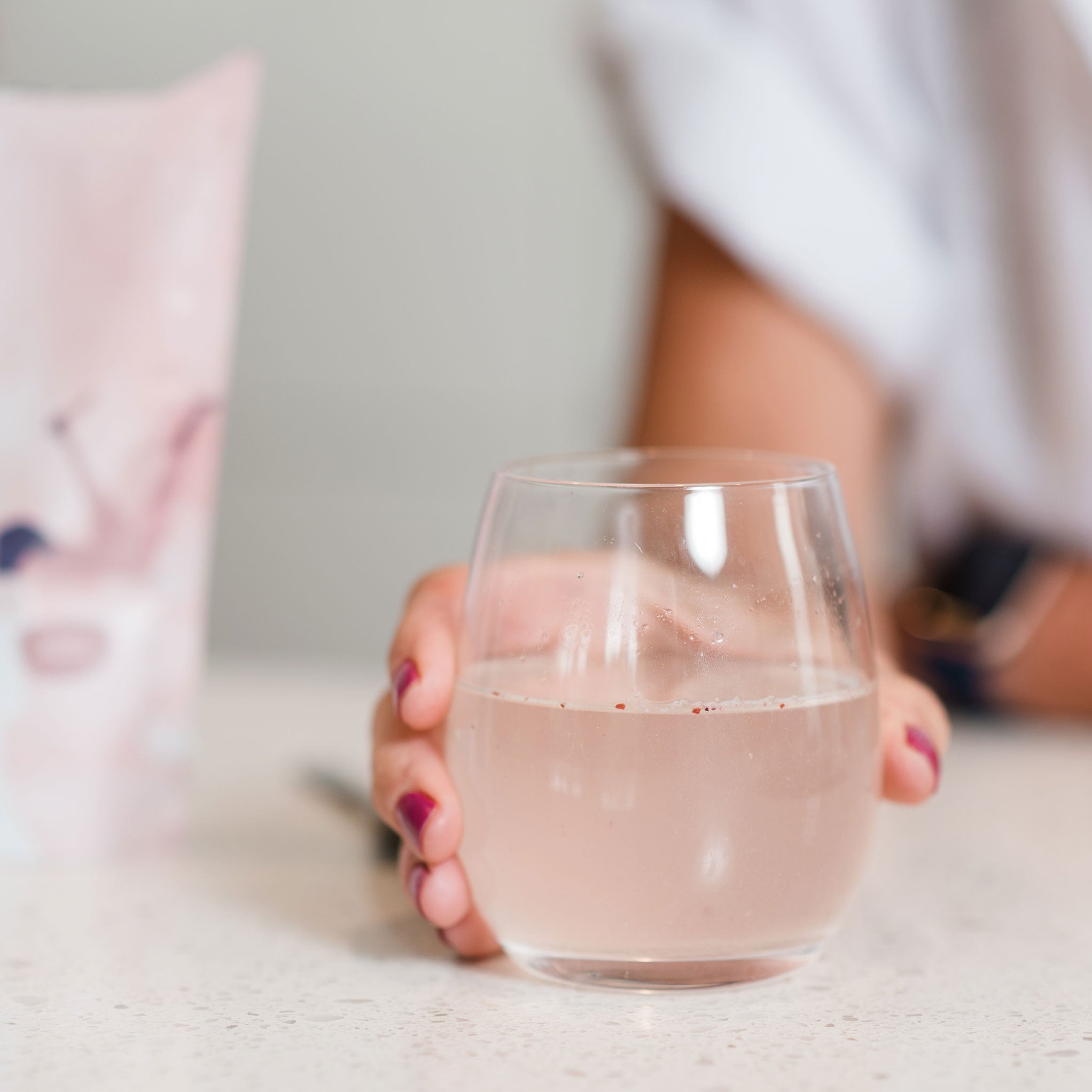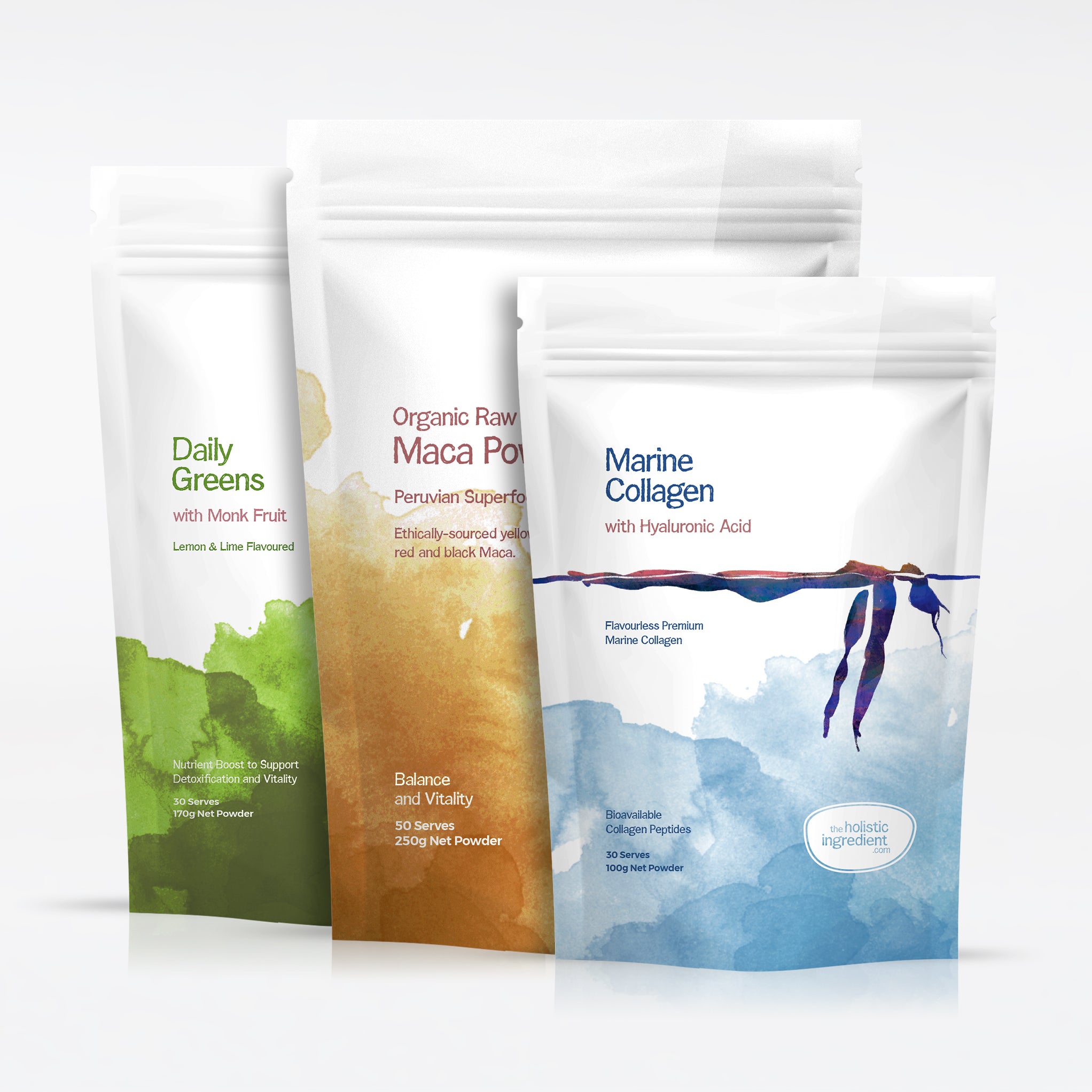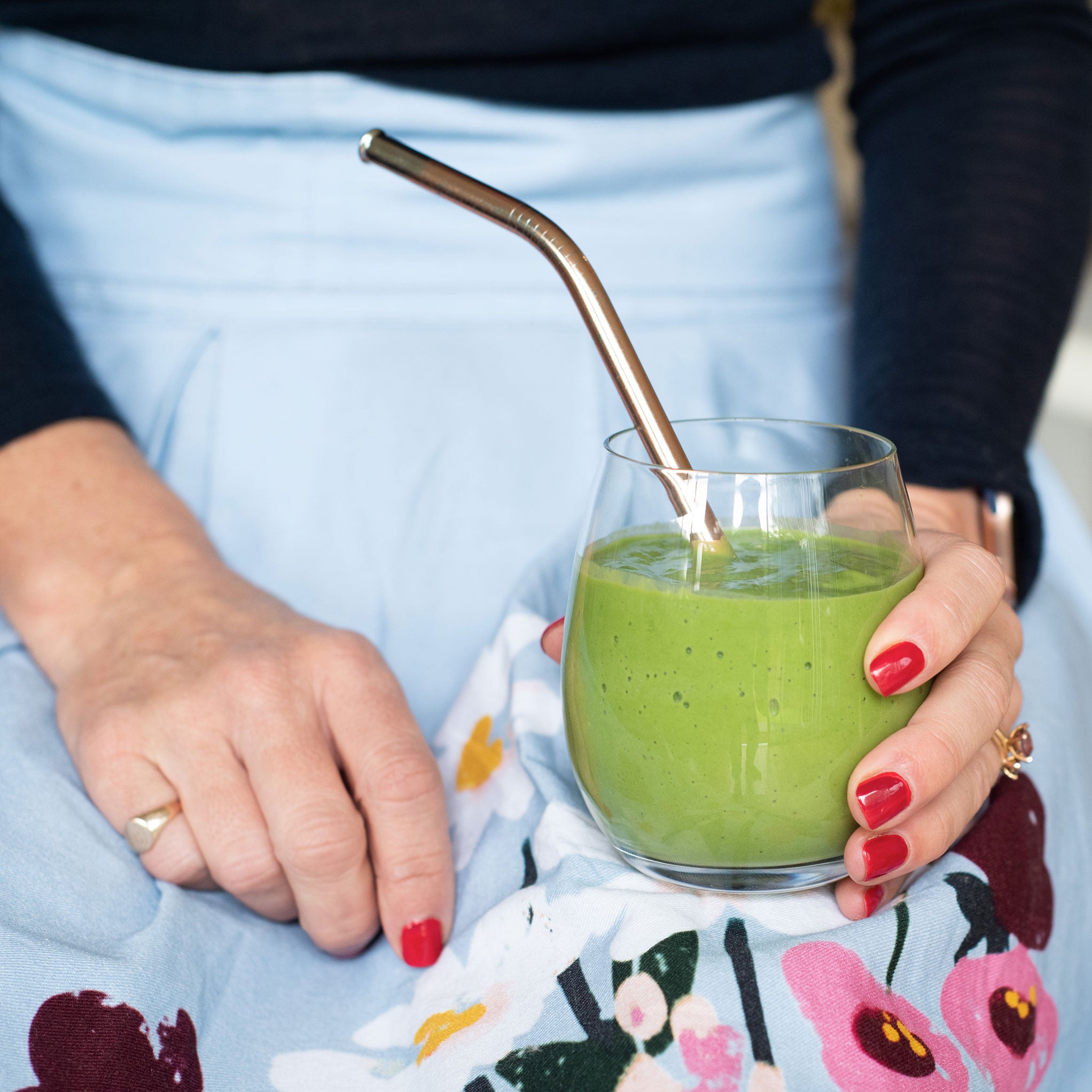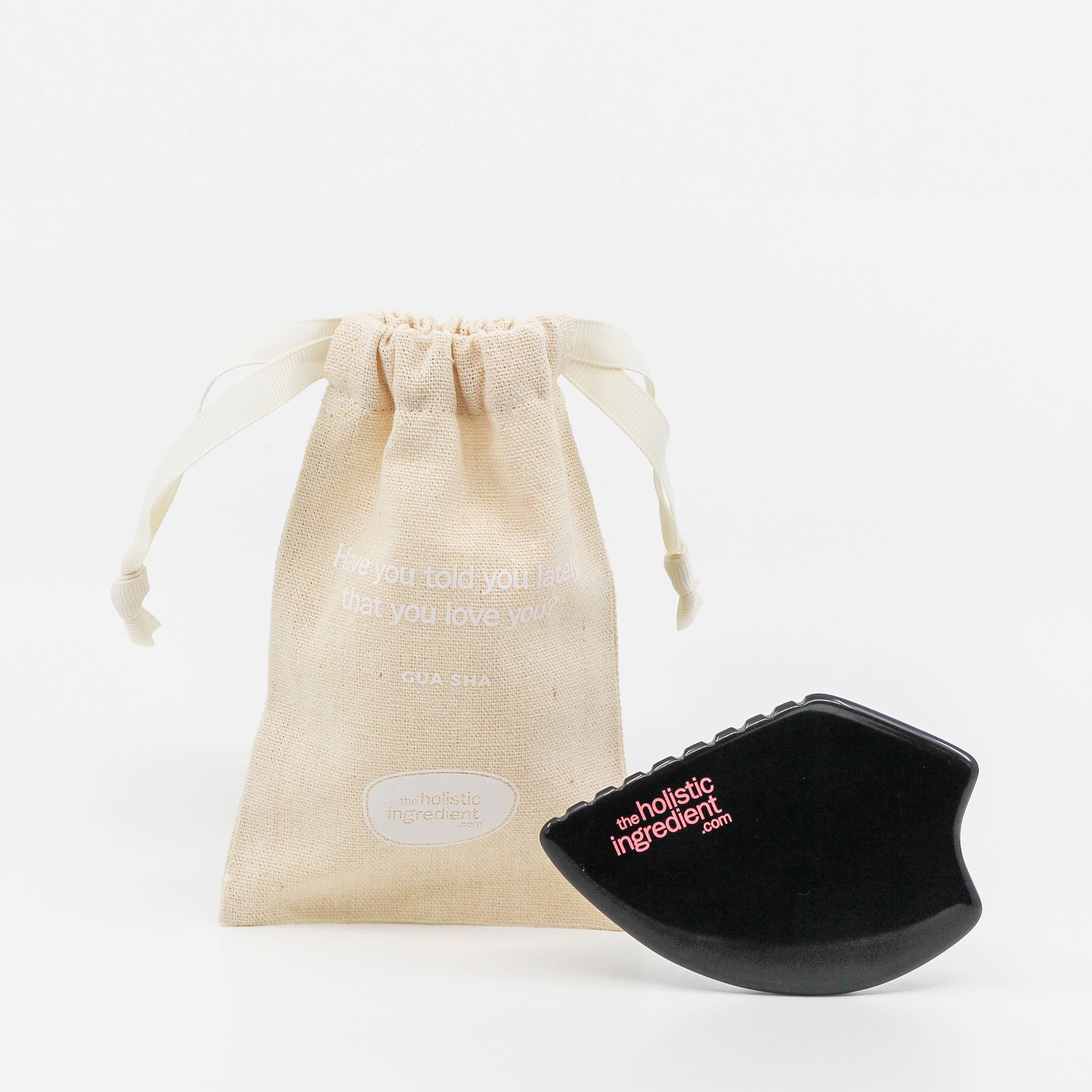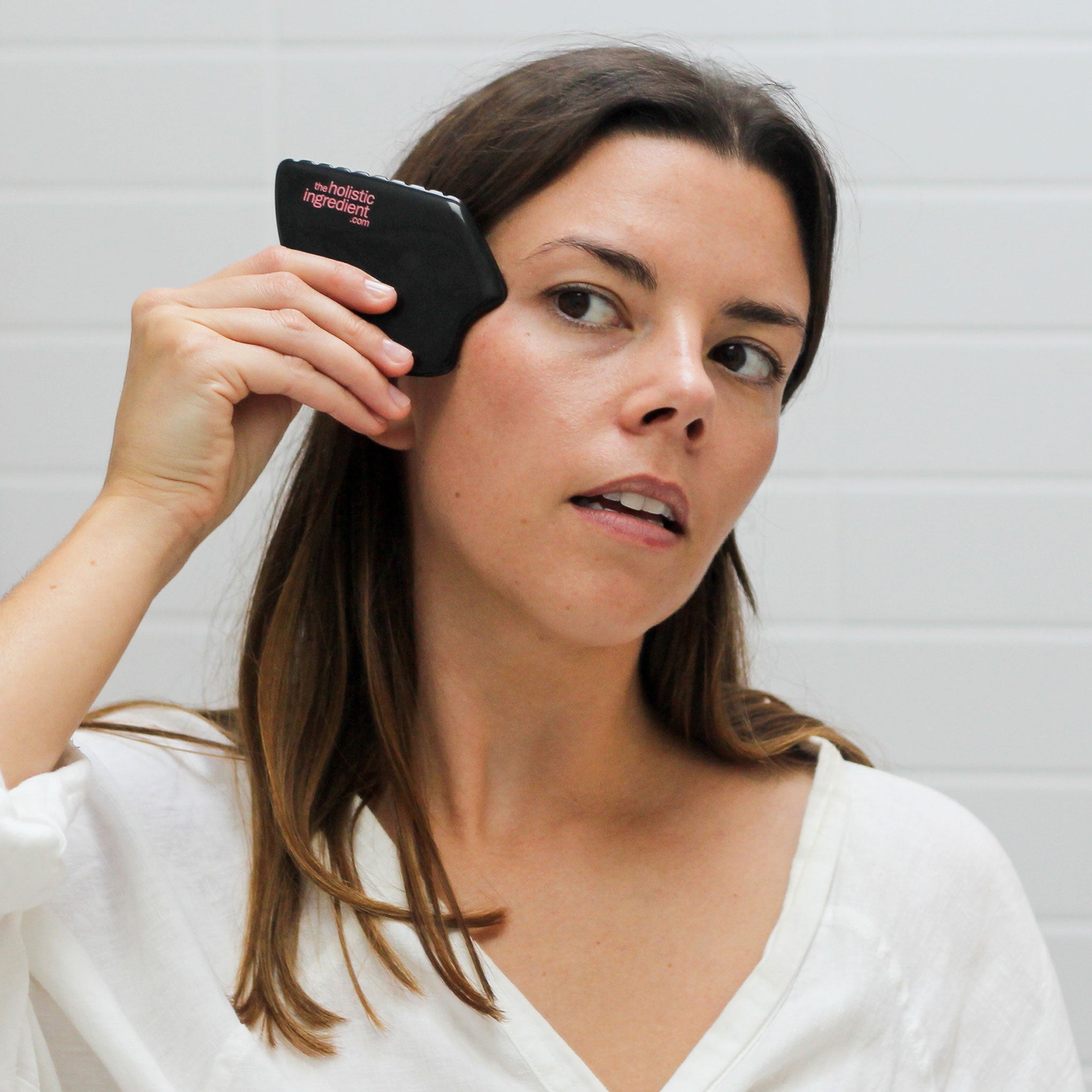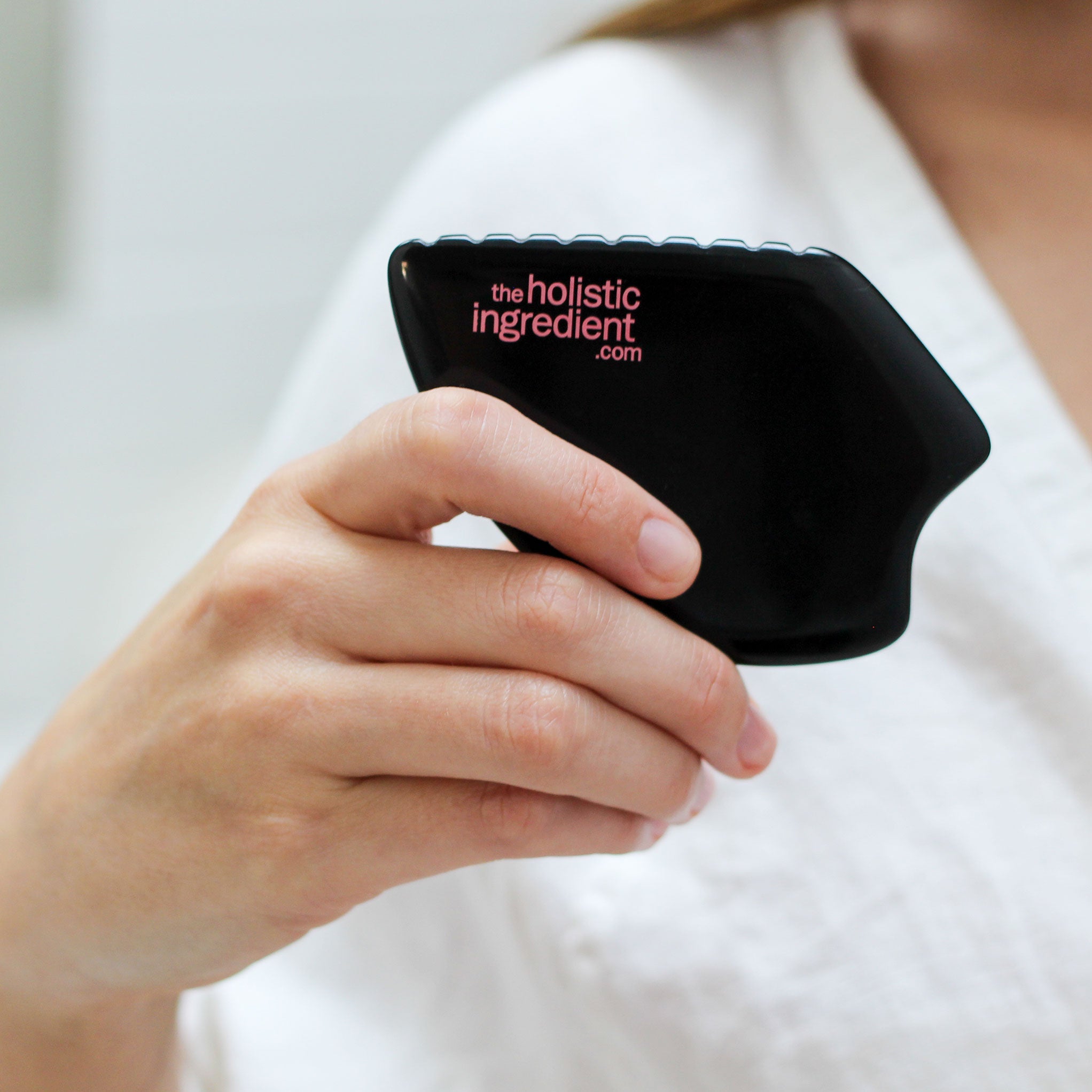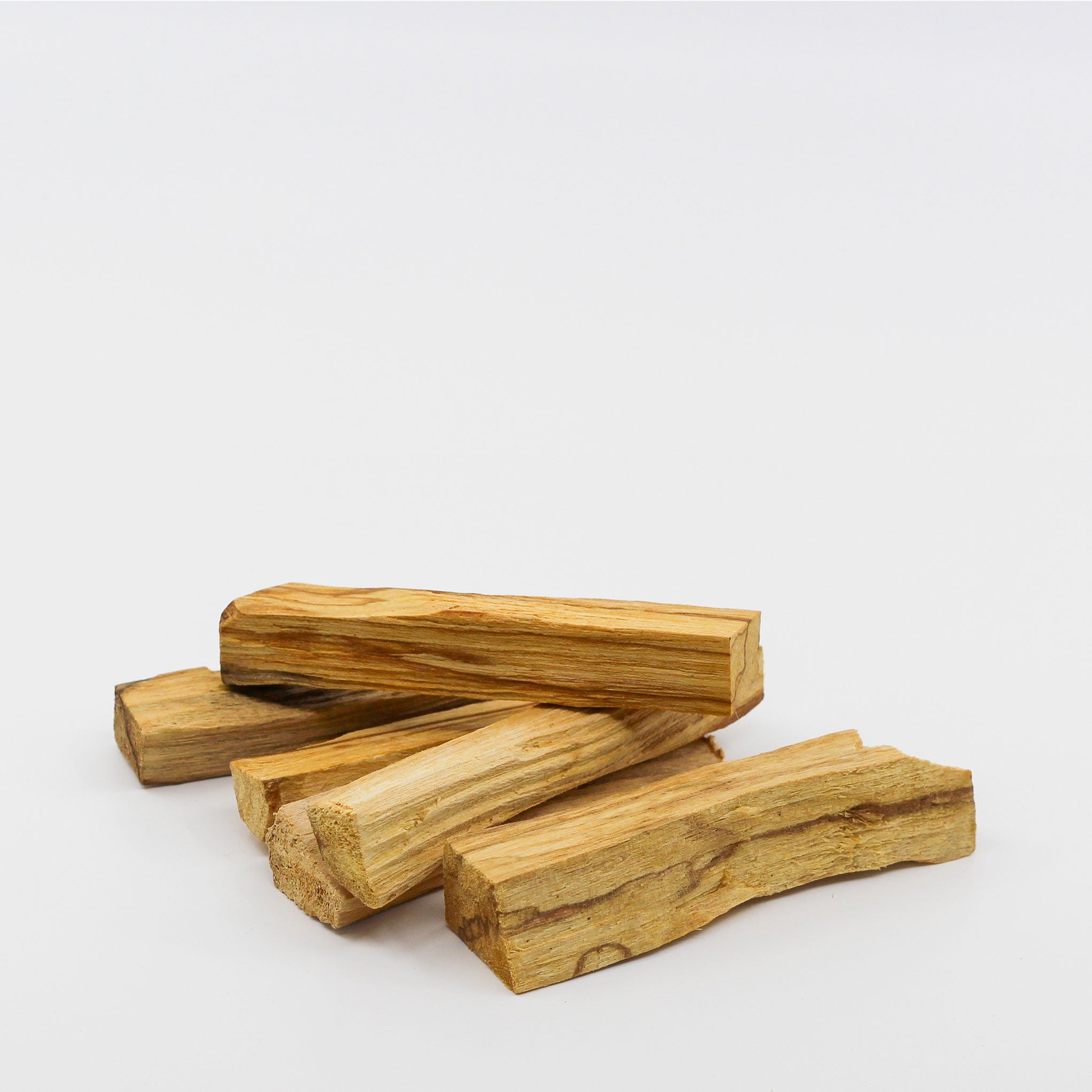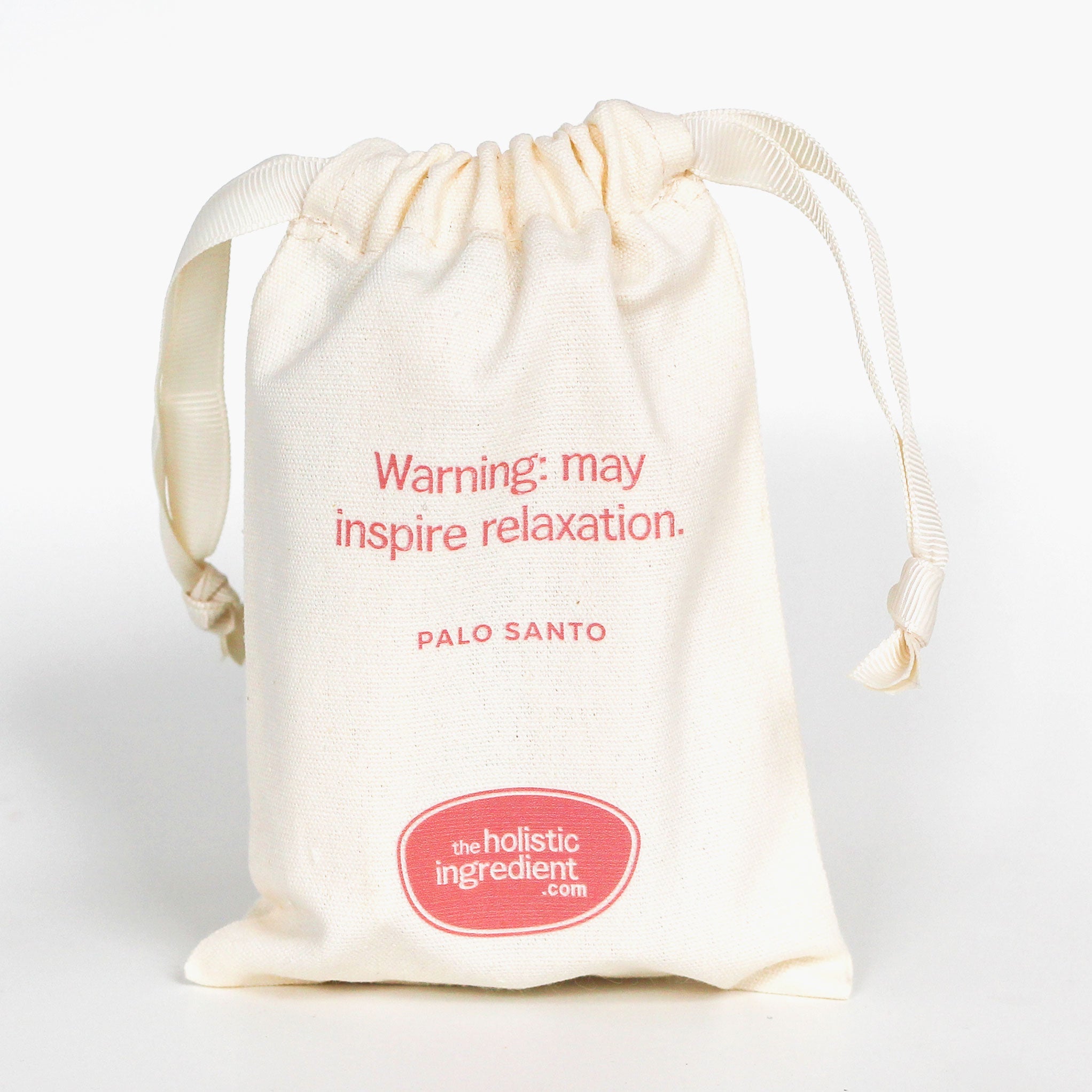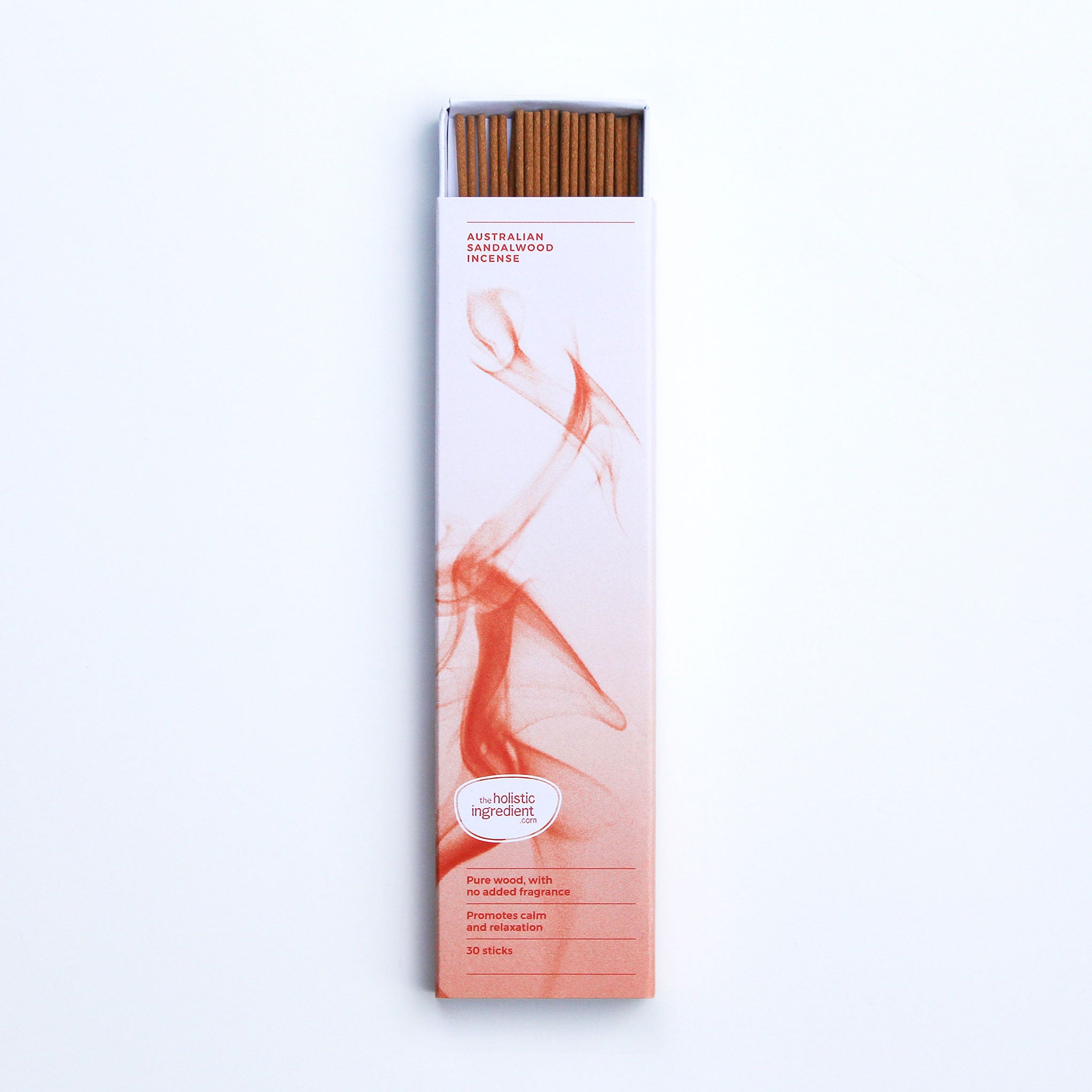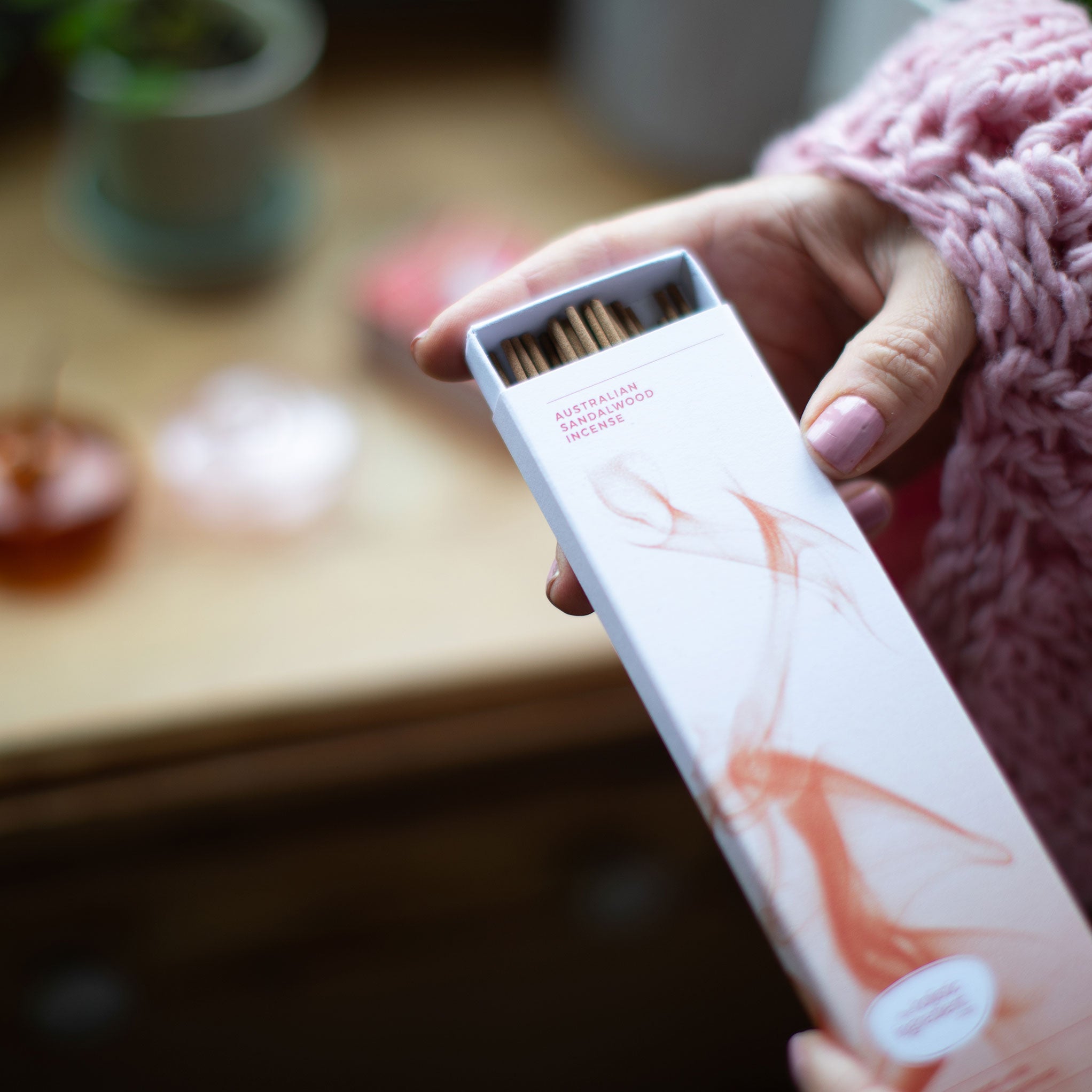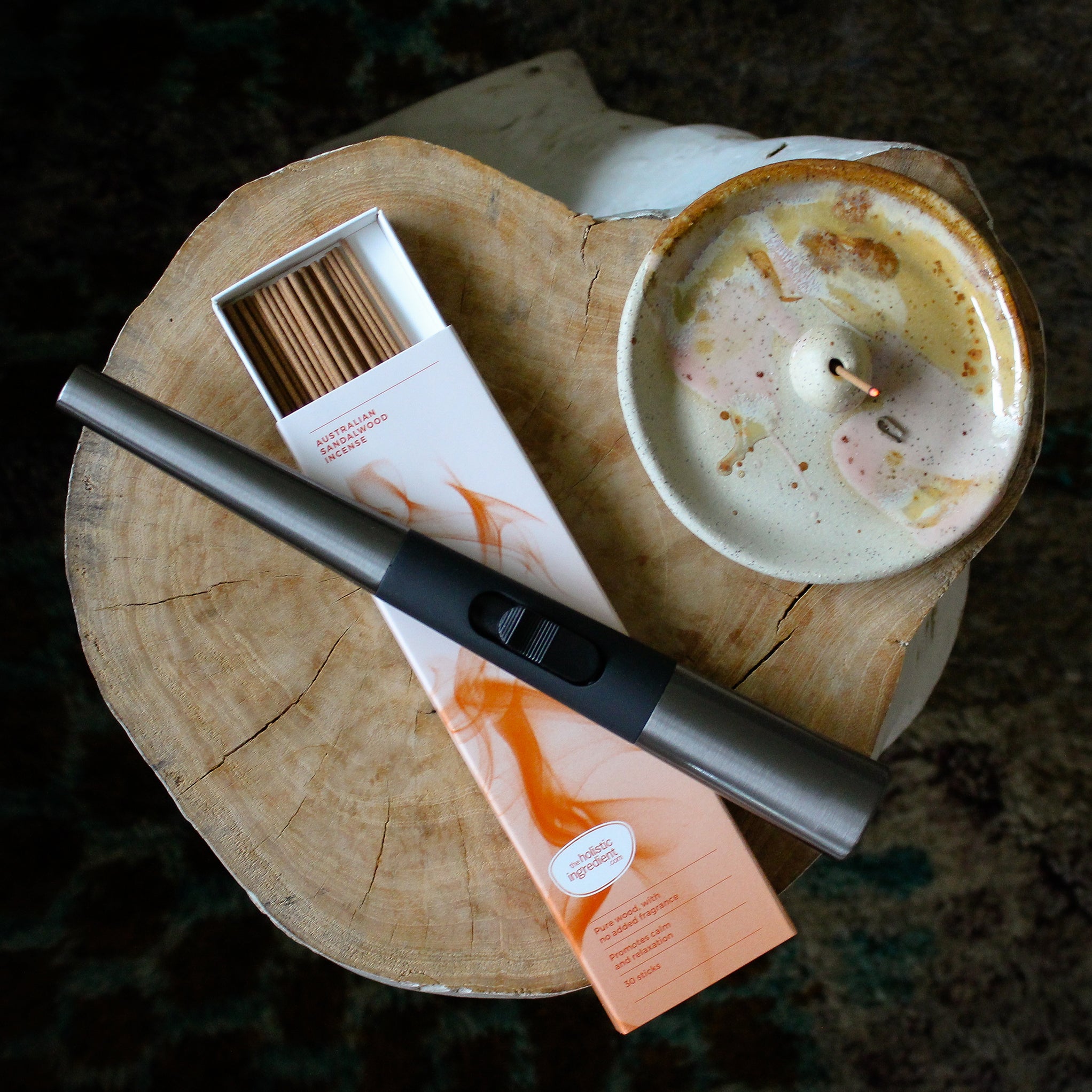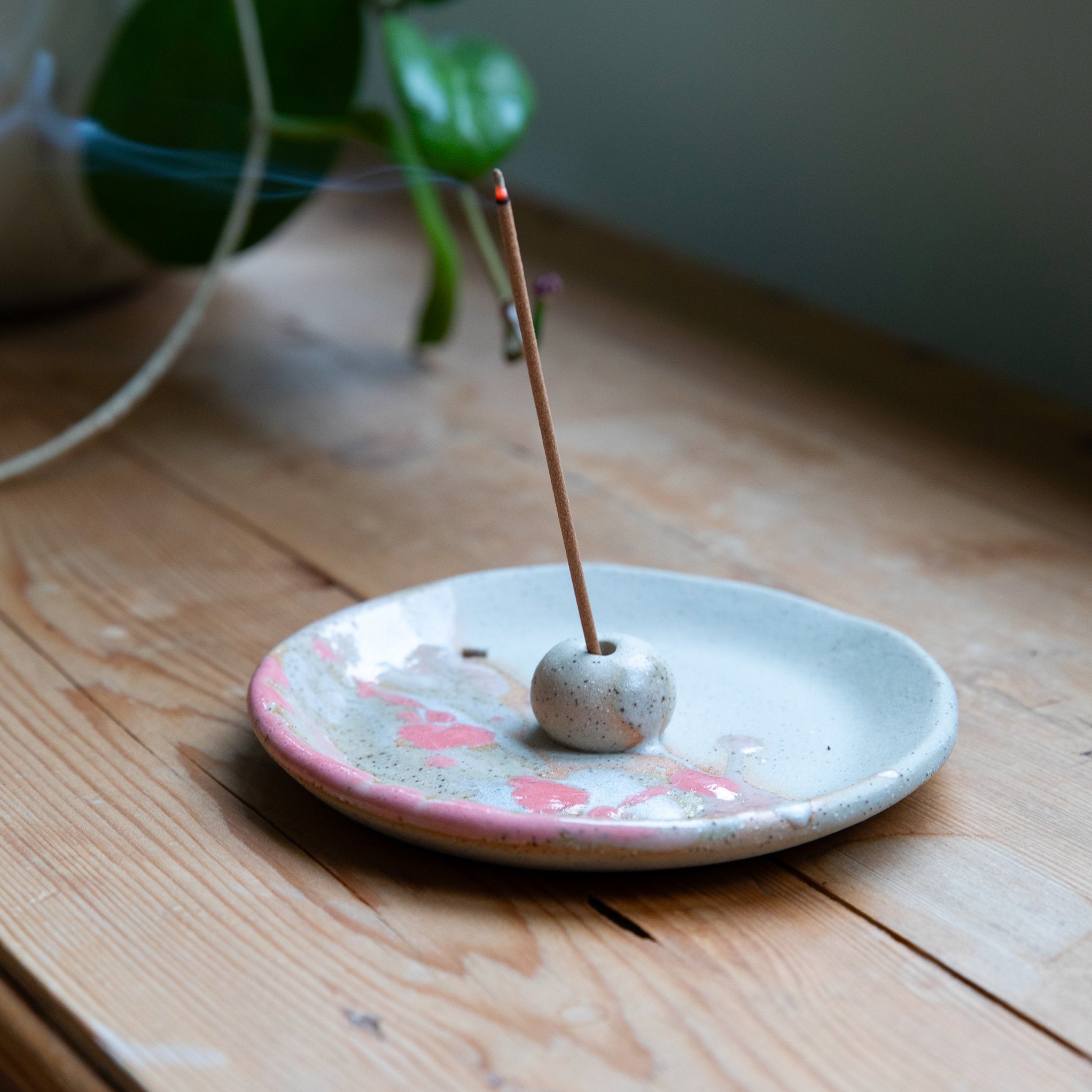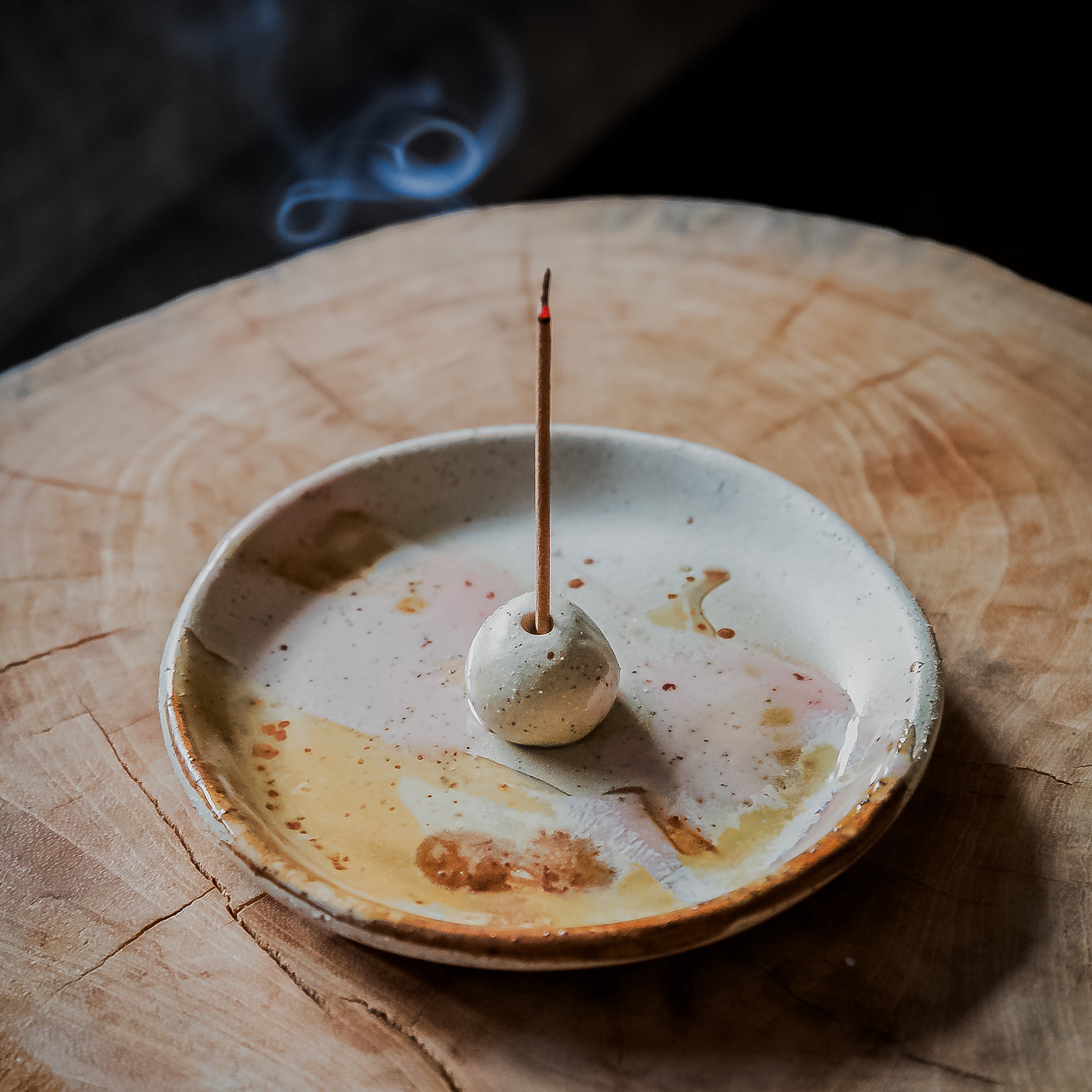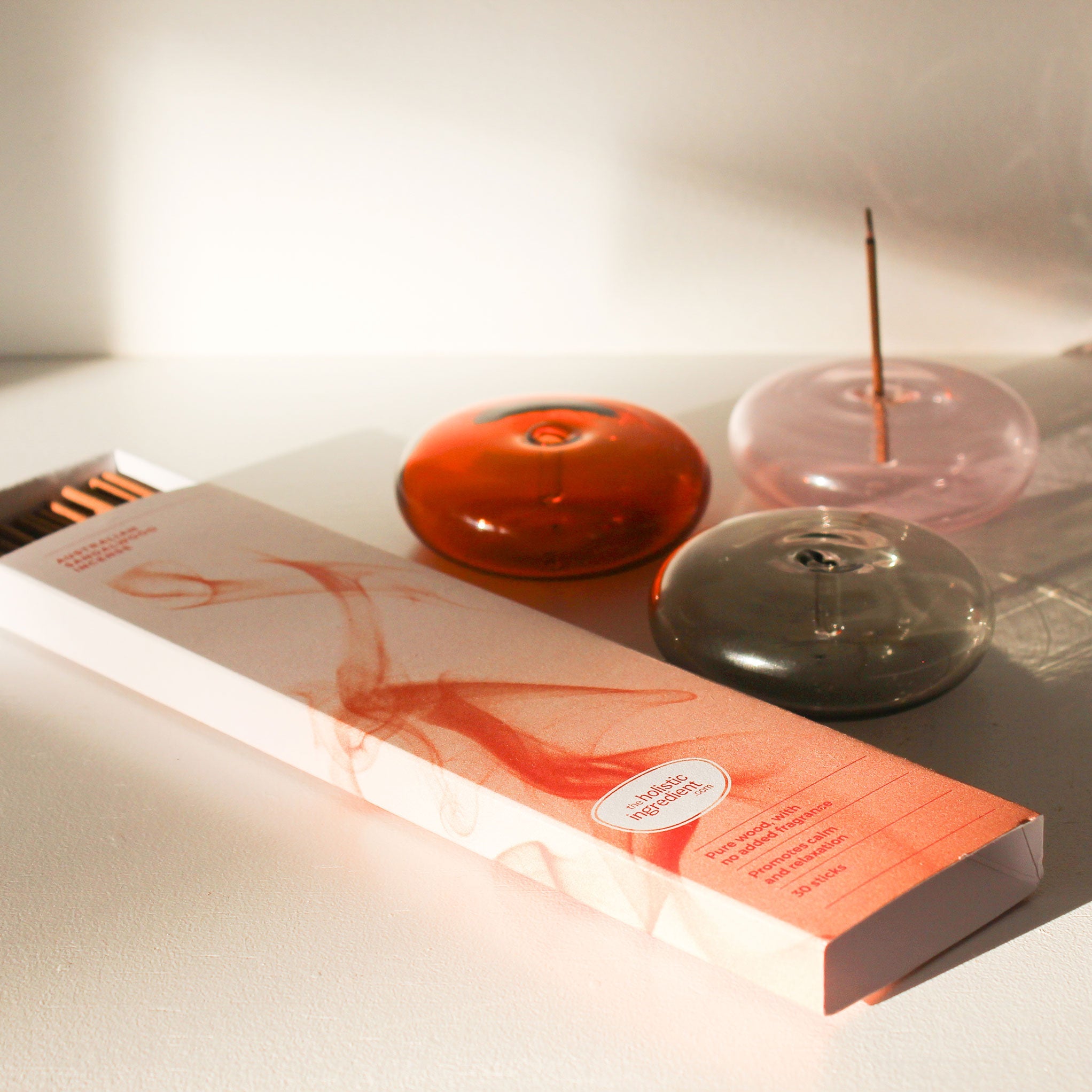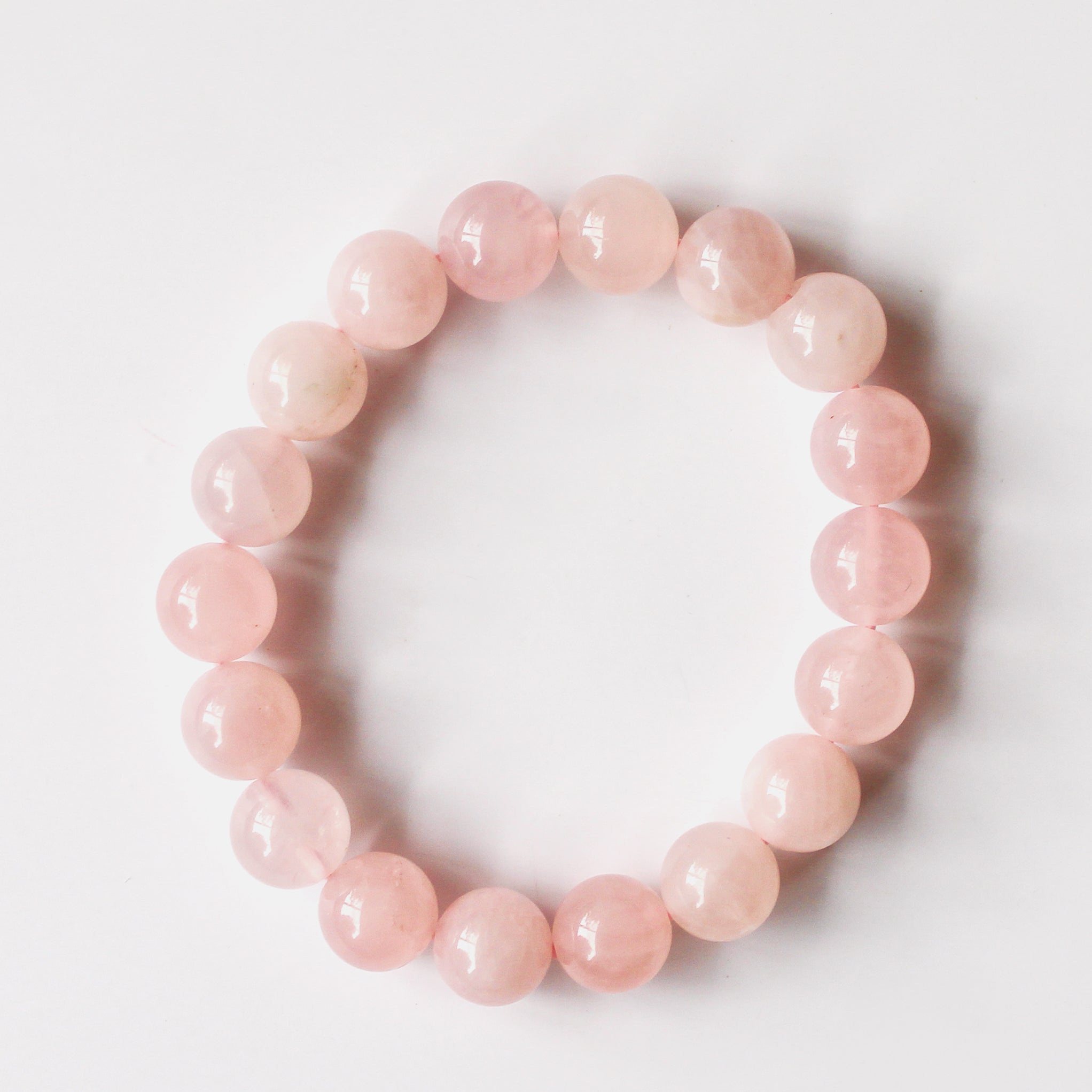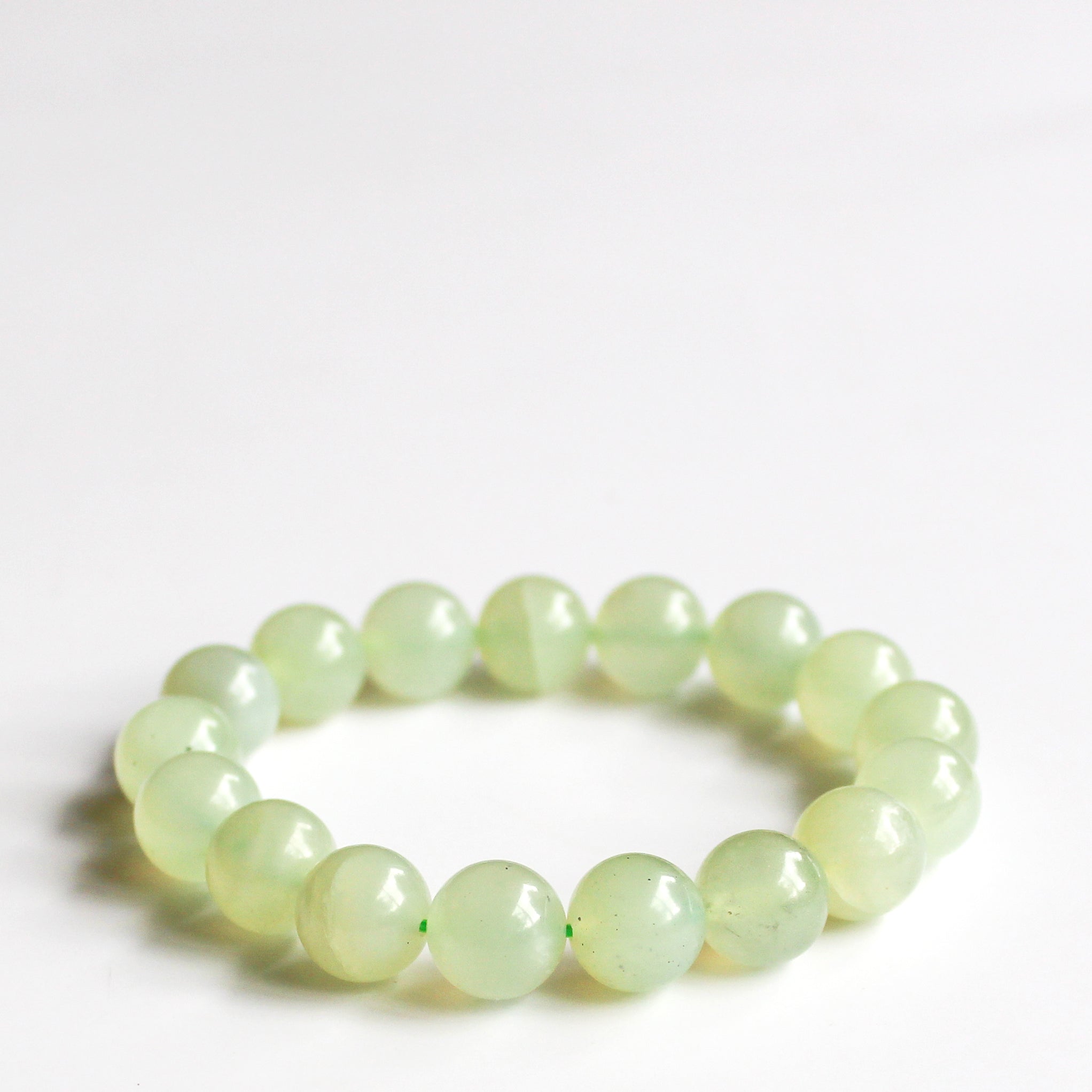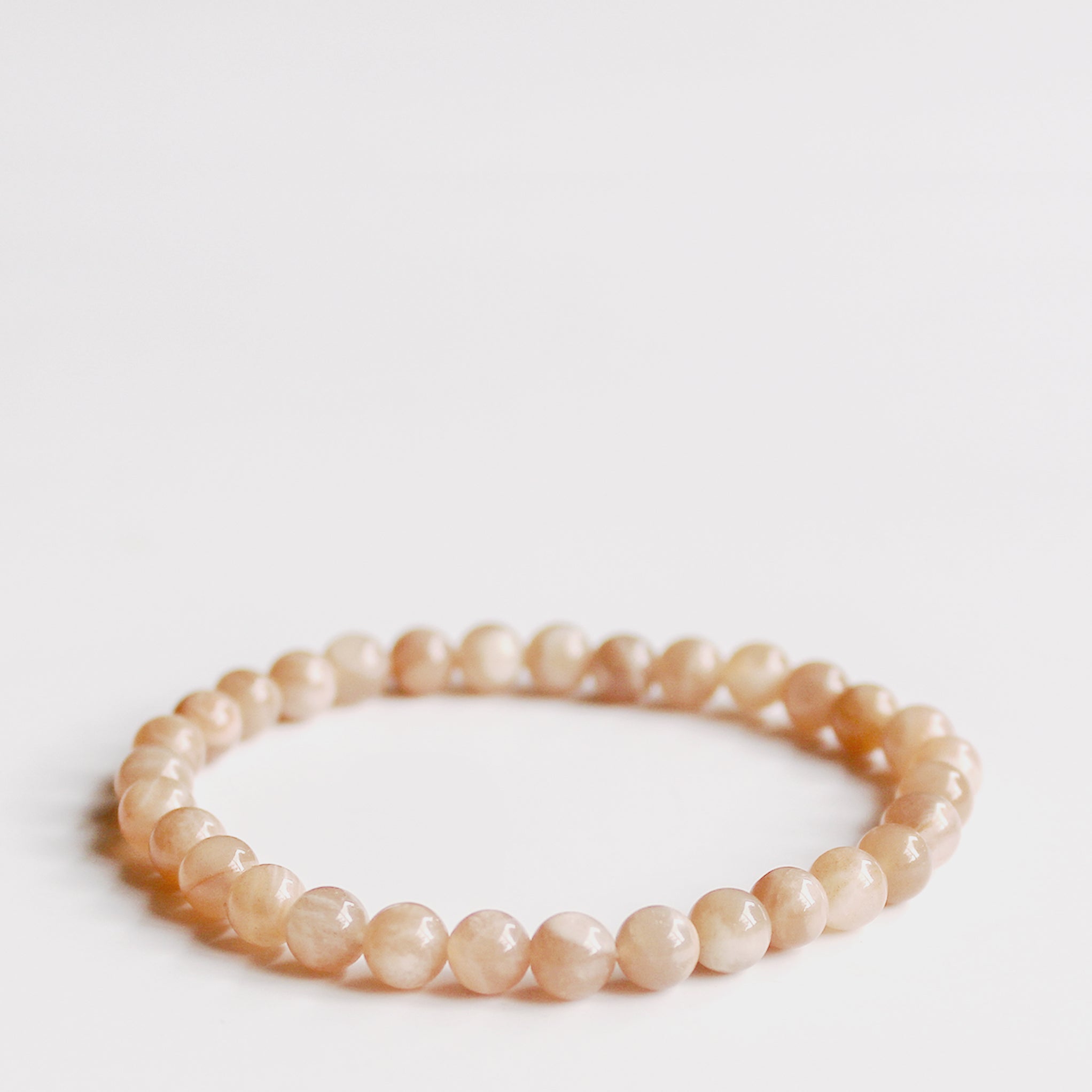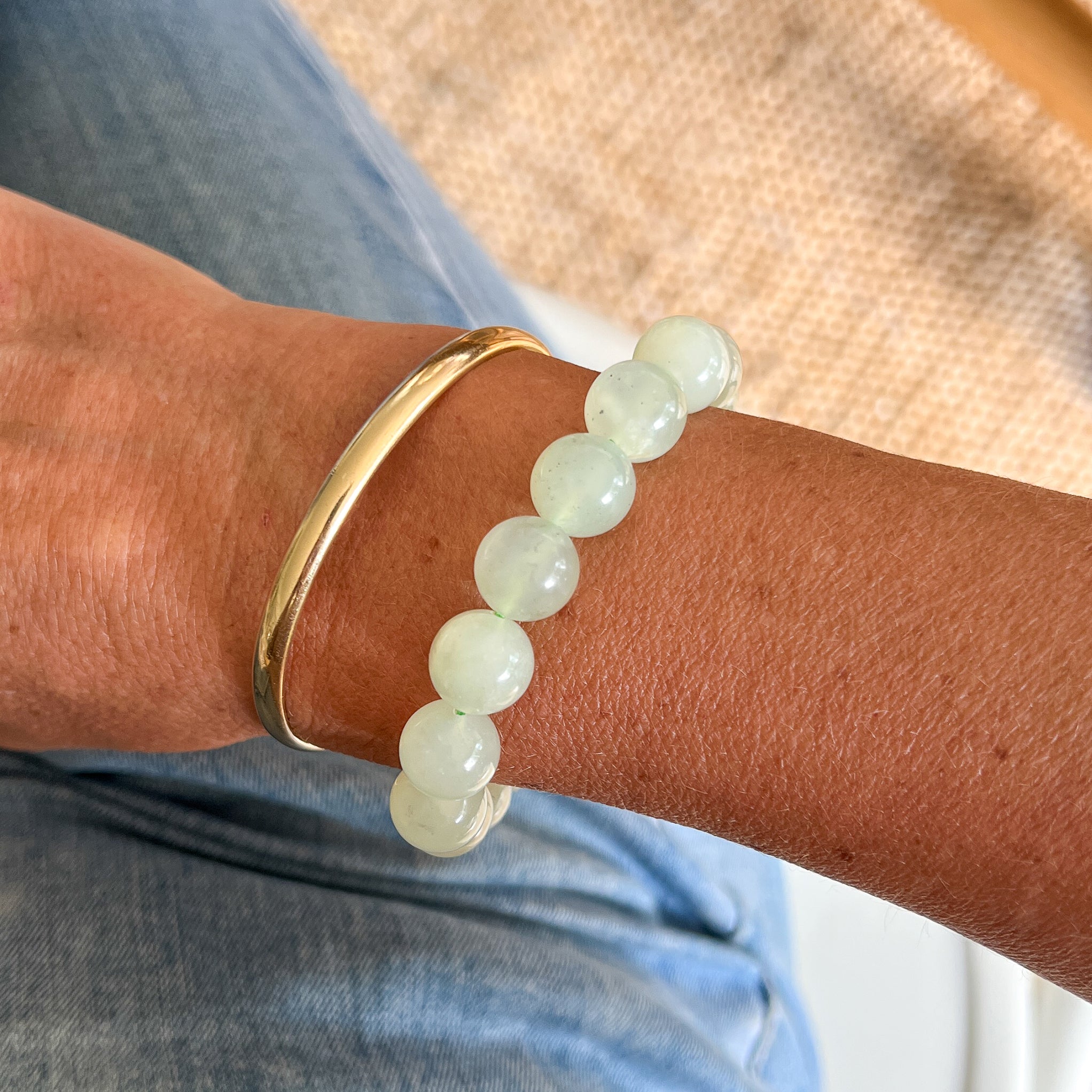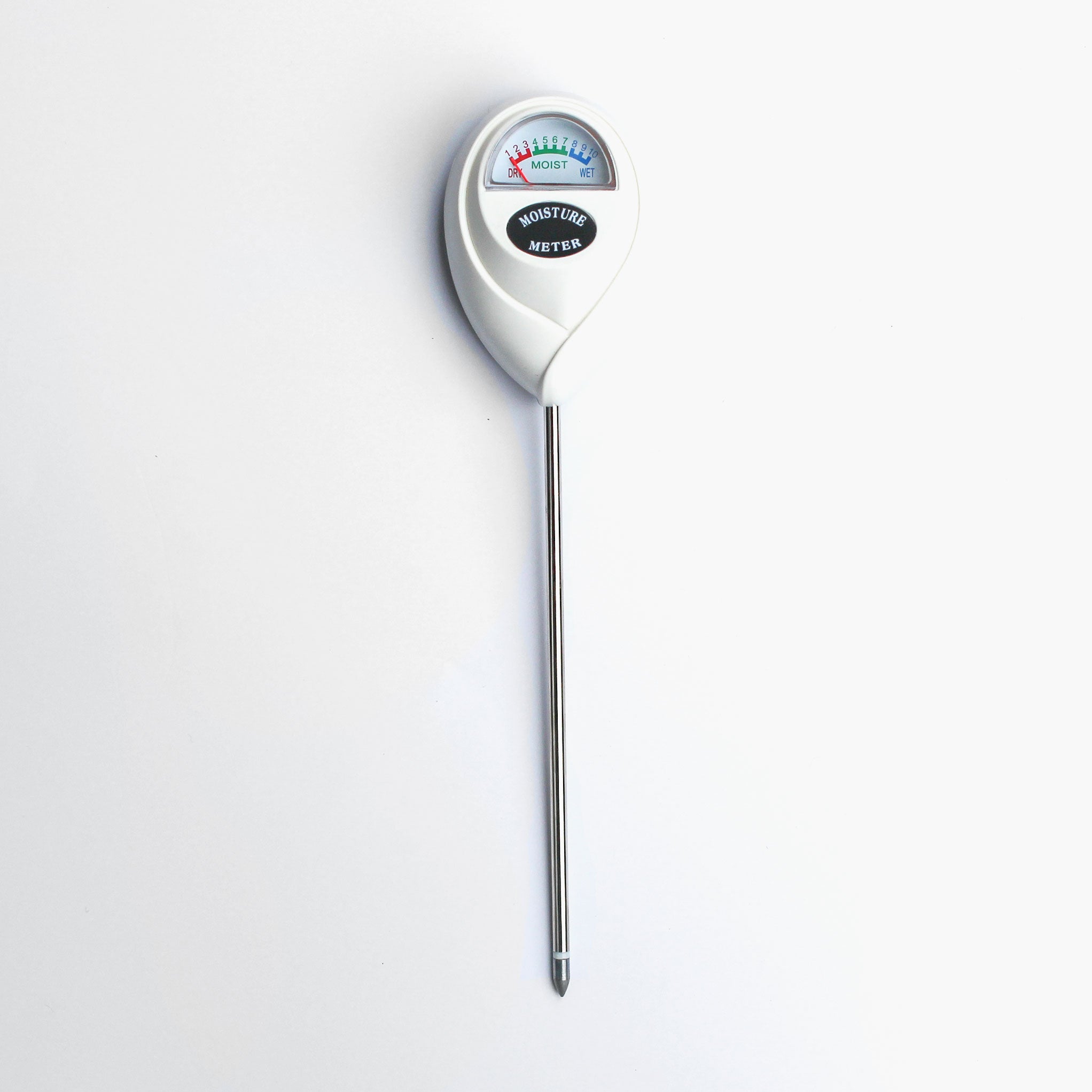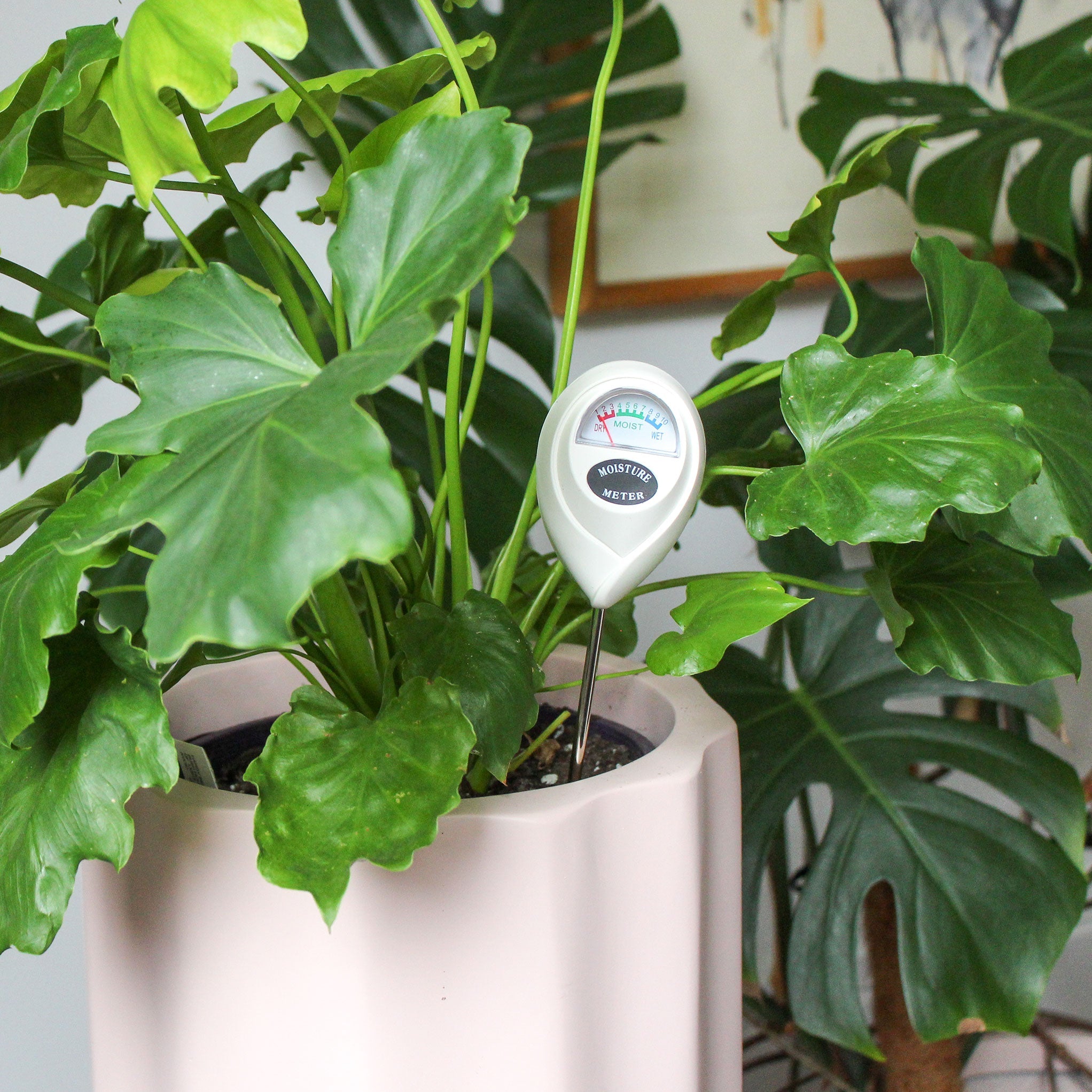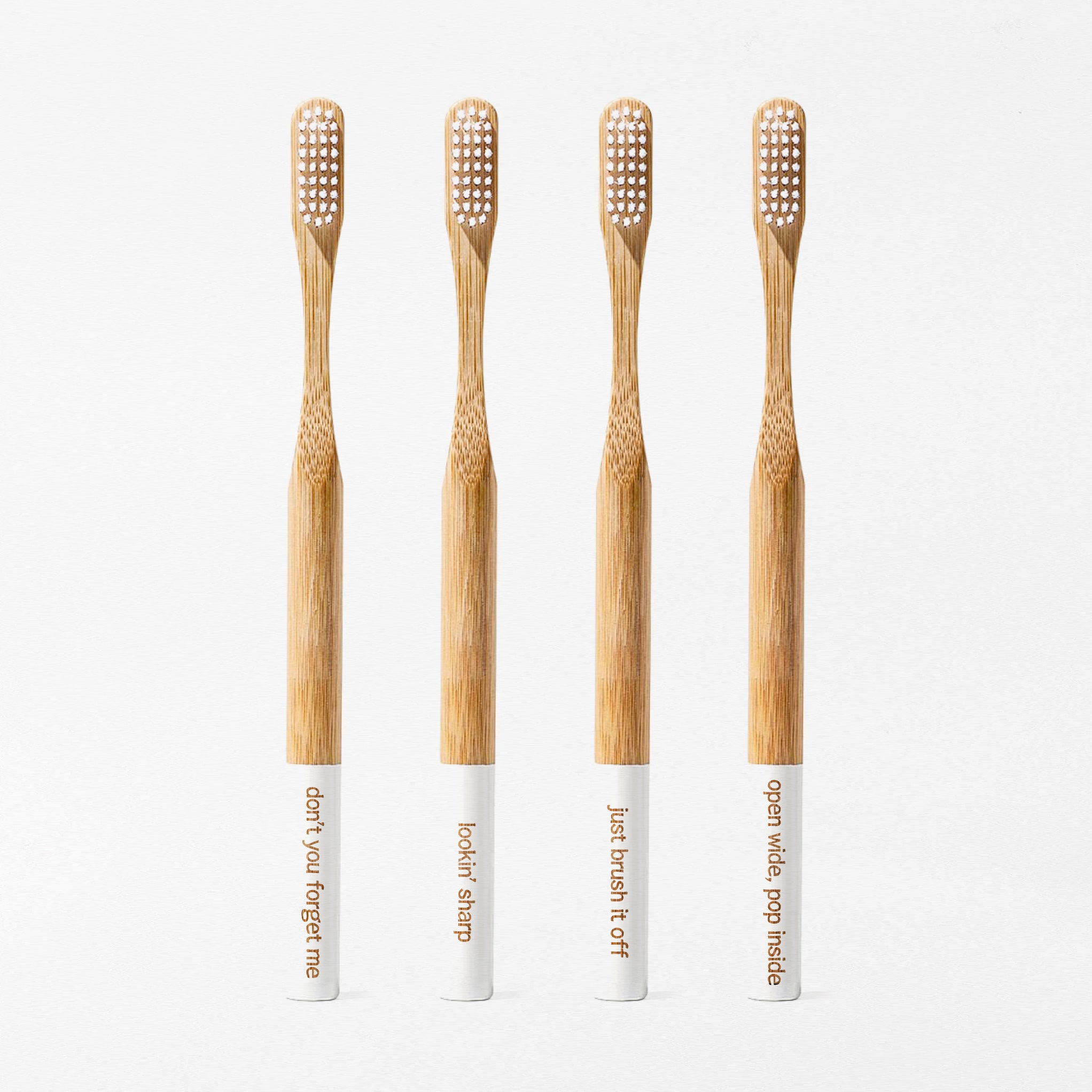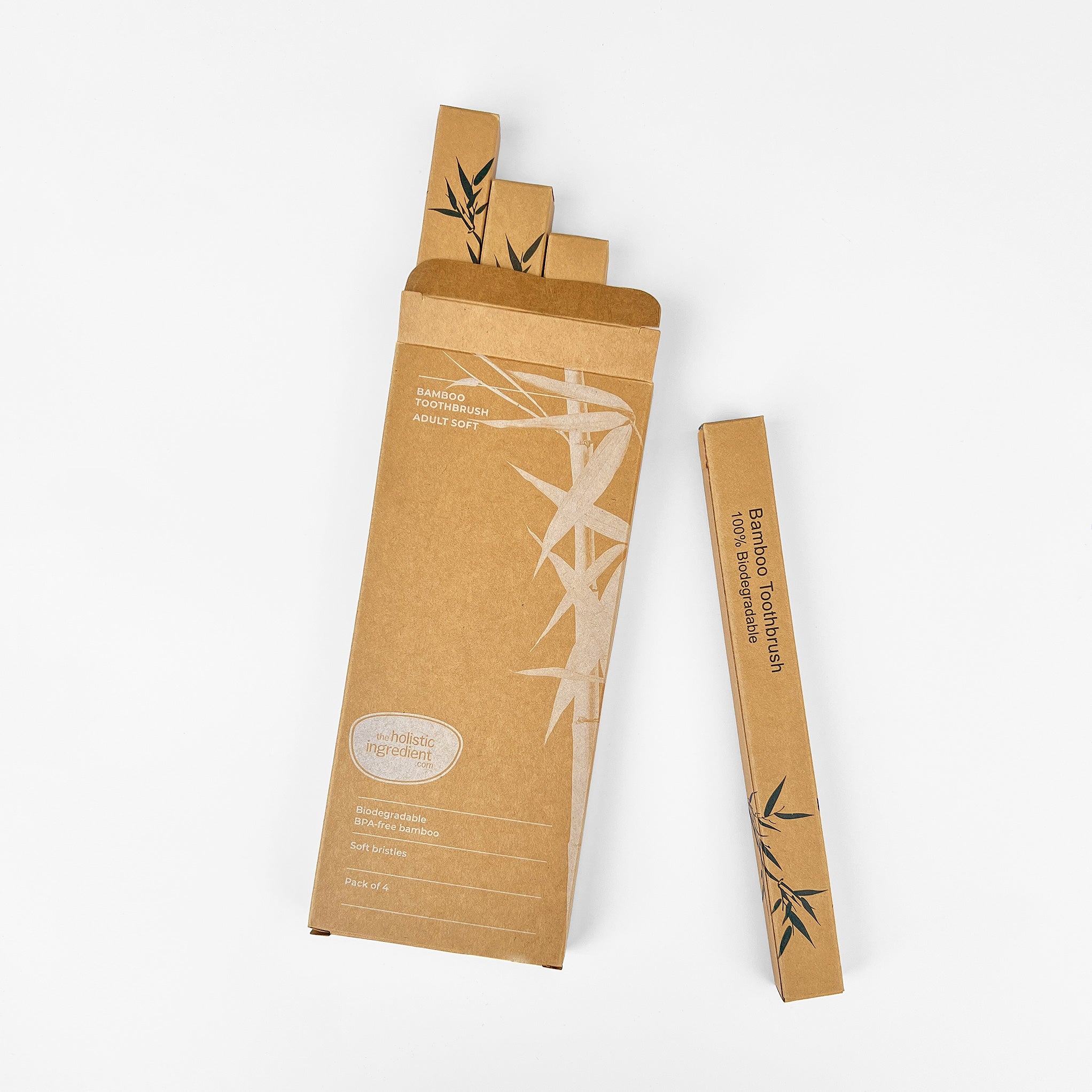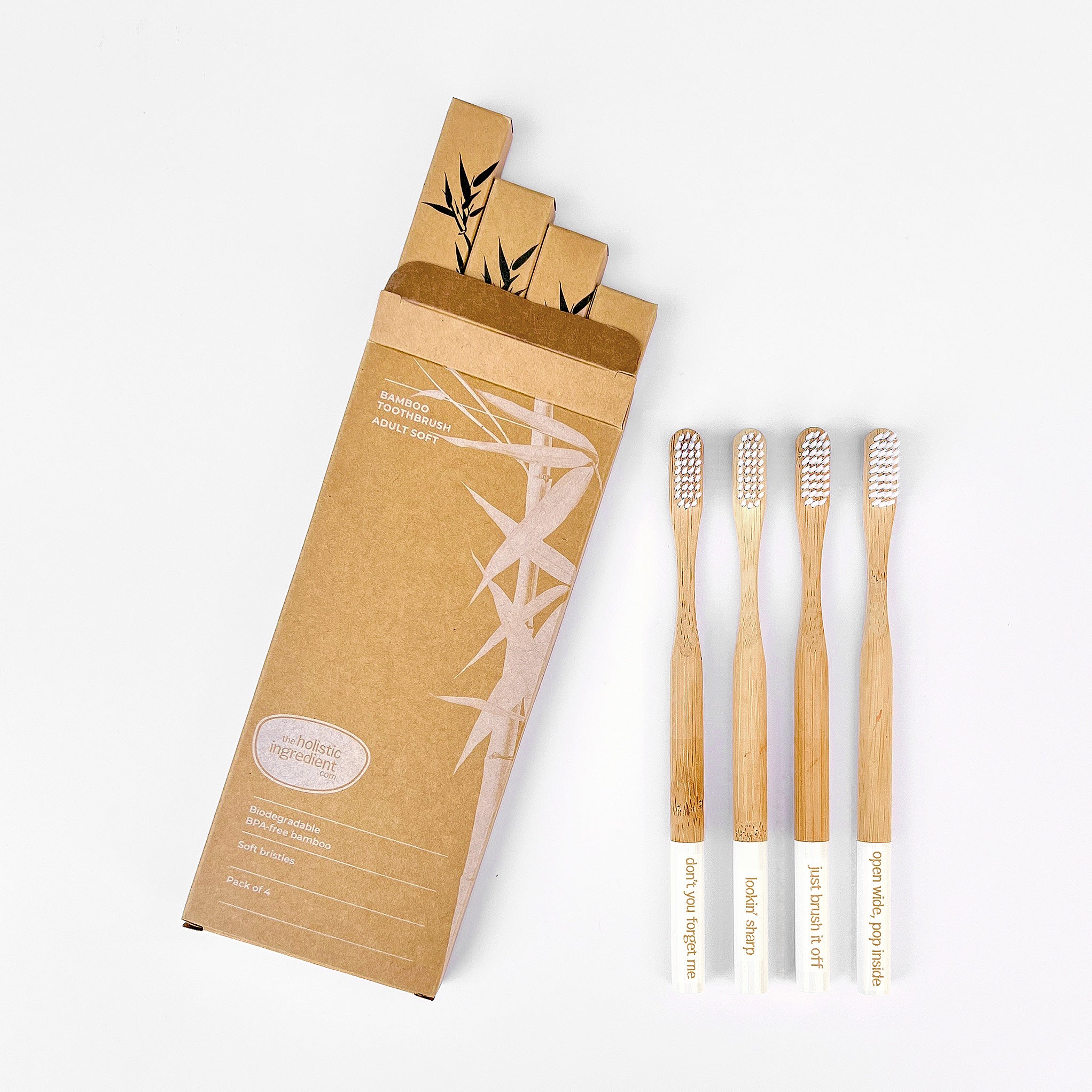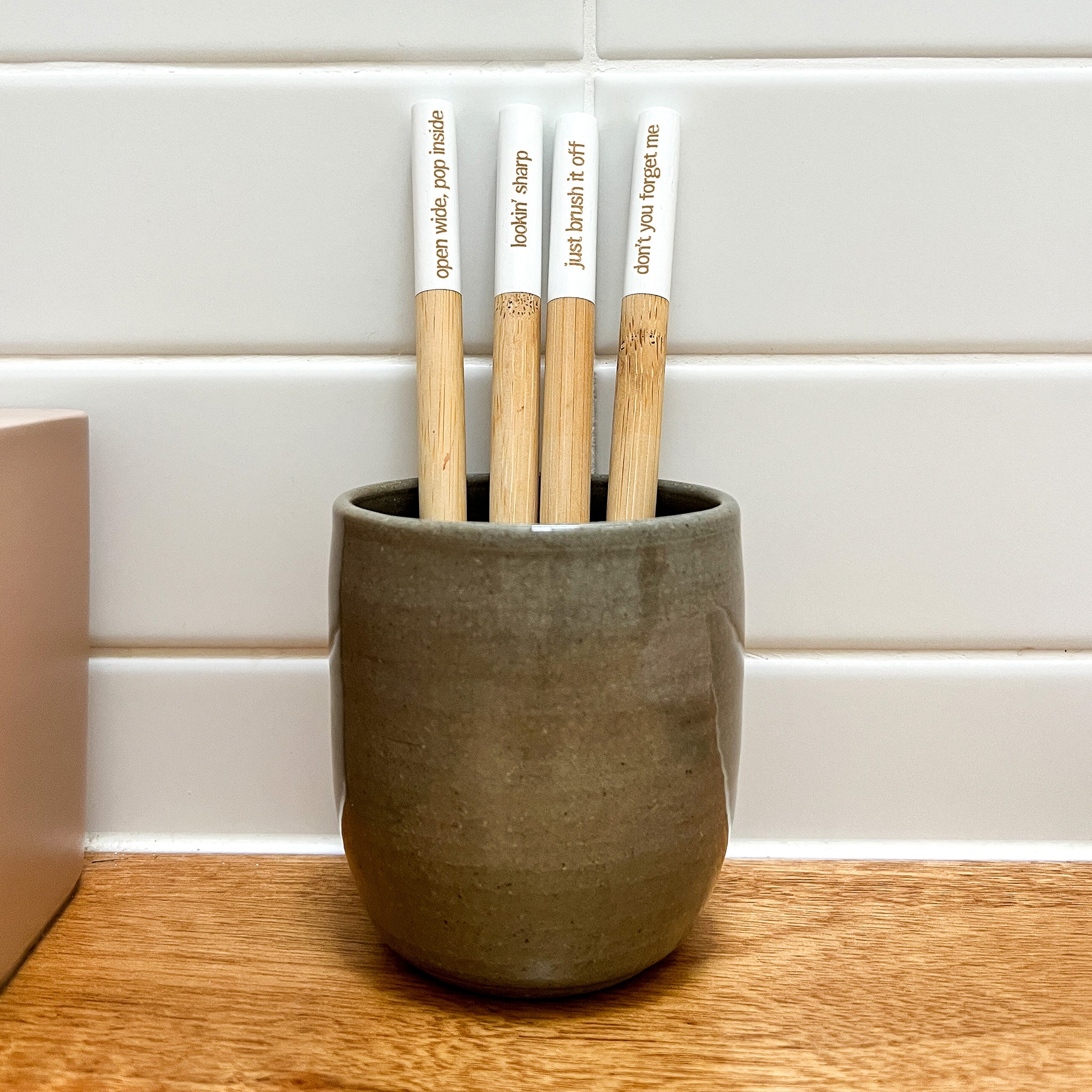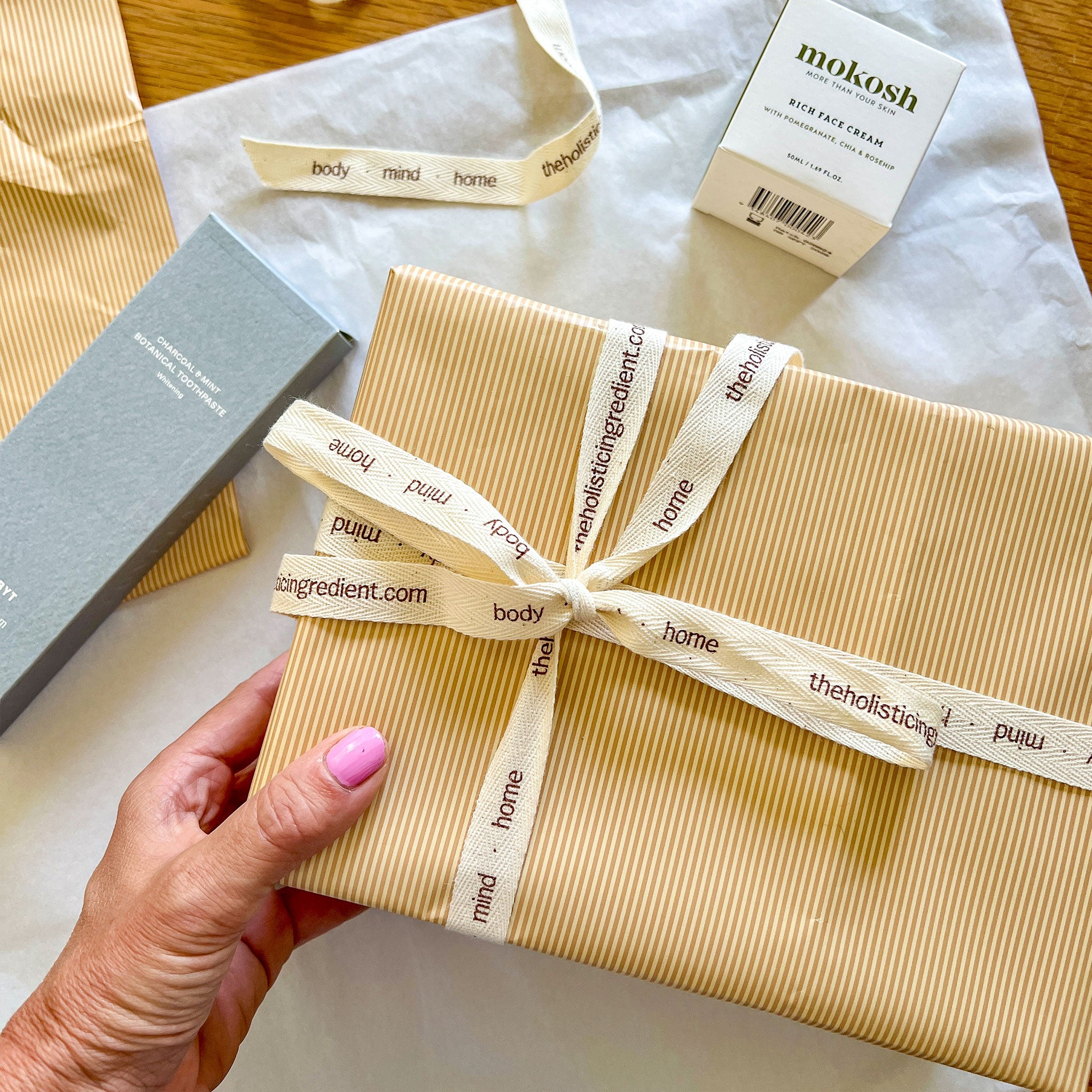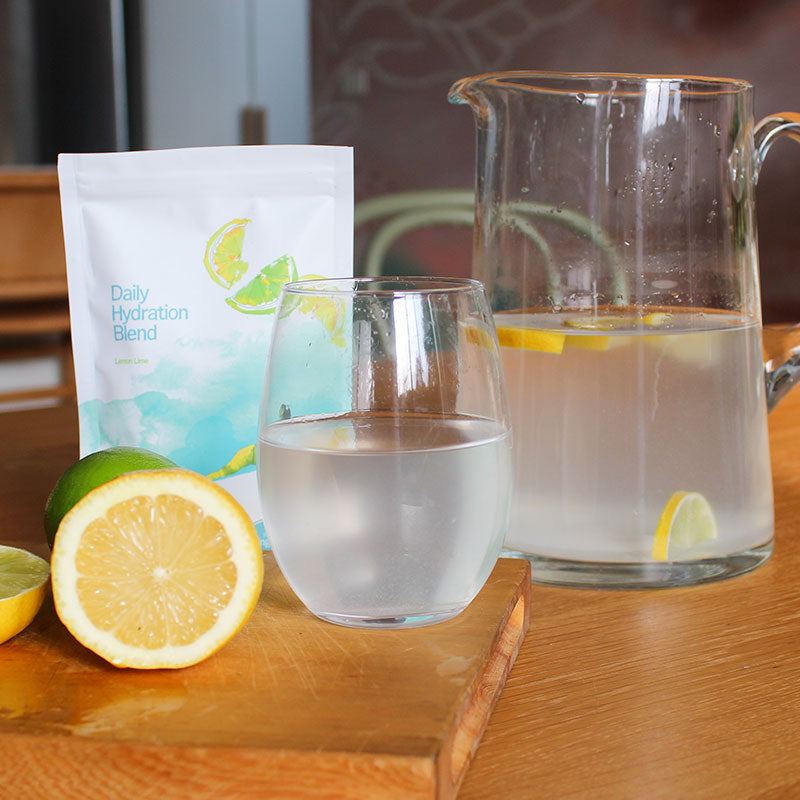
Removing refined sugars from your diet is an incredibly positive step to reclaiming and rejuvenating your health.
Why?
Recent research indicates a very strong link between refined sugar and inflammation.
What does this mean?
Inflammation is the direct precursor to chronic illness, heart disease, diabetes and cancer.
What's more...
The removal of refined sugar from your diet can positively impact your mental capacity, reduce your cravings, enhance your satiety and thus contribute to weight management and even fat loss.
So onto our discussion of the possible ways in which refined sugar is being substituted. Do know that we have included some options in this table that are NOT recommended by THI, we did however feel the need to tell you why.
|
Refined Sugar Substitute |
Comments |
|
Raw Honey and/or Manuka Honey |
Unrefined and unpasteurised honey is not only packed with sweetness but also with nutrition. B vitamins, manganese and iron in particular are resplendent. What's more, honey is antimicrobial and antibacterial. Many commercially available honeys are heated which eliminates these beneficial health benefits, and are often diluted with high fructose corn syrup, so read the label. |
|
Rice Malt Syrup |
Made from 100% organic brown rice, RMS is made by culturing rice with enzymes to break down the starches and then cooking it until it becomes mild flavoured, light caramel coloured syrup. The final product contains soluble complex carbohydrates, maltose and minimal glucose. Most importantly, RMS is 100% fructose free. |
|
Maple Syrup |
Derived from the maple tree, maple syrup is simply sap that has been boiled to evaporate excess water to create a thick concentrated liquid. A deep, caramel taste with a dark colour that is amazing in baked goods. Pure maple syrup contains immune boosting health benefits and is an excellent source of manganese and zinc. It is 40% fructose. |
|
Dates & Date Sugar |
As the name suggests, date sugar is made from dried dates. The fruit is simply dehydrated and then ground to a sugar like consistency. In doing so, much of the nutritional benefit is retained. Date sugar has a rich caramel flavour and is an ideal substitute for brown sugar. |
|
Coconut Sugar & Coconut Nectar |
An asian product, coconut sugar is made from the sap/nectar of coconut flower buds and has a deep caramel taste. It is rich in vitamins and minerals and has a very low GI (35). Do know however that coconut sugar is approximately 50% fructose. |
|
Molasses |
The by product of the refined sugar production process. Blackstrap molasses is a great source of calcium and iron. It is a quite a viscous product and its dark, smoky profile is best used in baking (think gingerbread or raisin cookies). It is also sweeter than refined sugar so be sure to adjust quantities accordingly when substituting in recipes. |
|
Fruit Sauces & Fruit Juices |
Apple sauce, mashed banana, pureed dates and prunes, along with 100% juices are a great way to sweeten baked goods, bliss balls, smoothies etc. |
|
Stevia |
Derived from the stevia shrub native to Latin America, stevia is a plant based sweetener and is entirely fructose and calorie free. Stevia does not affect blood sugar levels. |
|
Agave Nectar |
Derived from the agave plant (a Mexican cactus, the same succulent tequila is made from), this mild flavoured liquid sweetener rose to rapid fame until we honed in on the high fructose content. Agave is 90% fructose, higher than High Fructose Corn Syrup (a baddy!) itself. |
| Yacon Syrup |
Made from the root of the yacon plant which grows in South America, yacon has a high level of fructooligosaccharides (say what?!). Essentially this is a sugar polymer that our bodies are unable to digest. This is a positive as it means yacon syrup has minimal impact on blood sugar levels and has a low GI. |
|
Aspartame, Saccharin & other artificial sweeteners |
Widely used in diet beverages and found in products such as Equal and Splenda. Artificial sweeteners are not recommended by THI. |
|
Sugar Alcohols (Erythritol, Malitol, Xylitol) |
These sugar substitutes ending in "ol" are extracted from plants and/or made from starches. They are very low in calories compared to the other sweeteners in our table and have minimal effect on blood sugar. That said, these sweeteners are heavily processed and can have a stressful effect on your digestive system. They may also perpetuate cravings for more sweetness. |
*We are more than happy to make this table a work in progress. If there are any further refined sugar substitutes you'd like us to write about simply make a comment below.
What is YOUR choice of sweetener?


